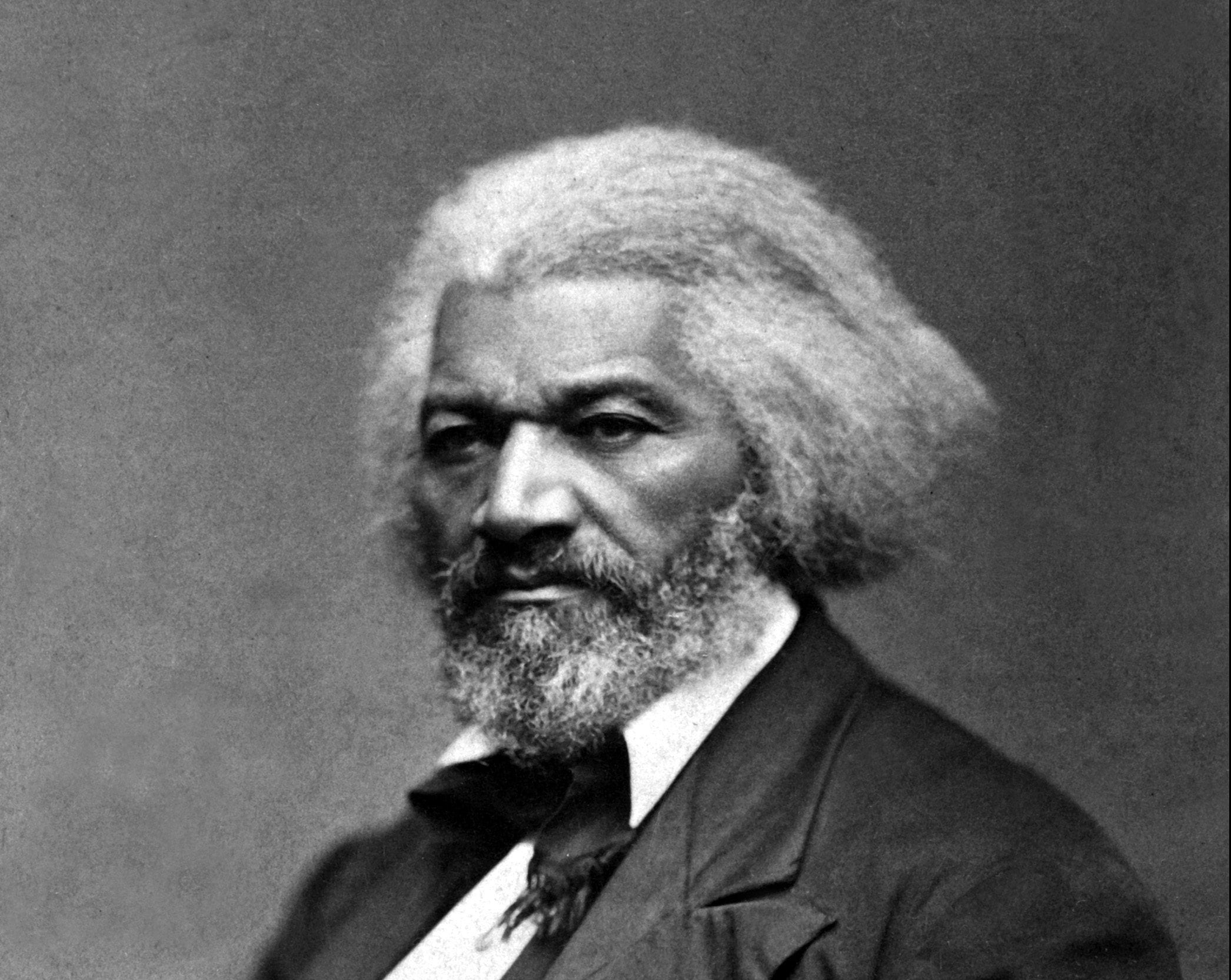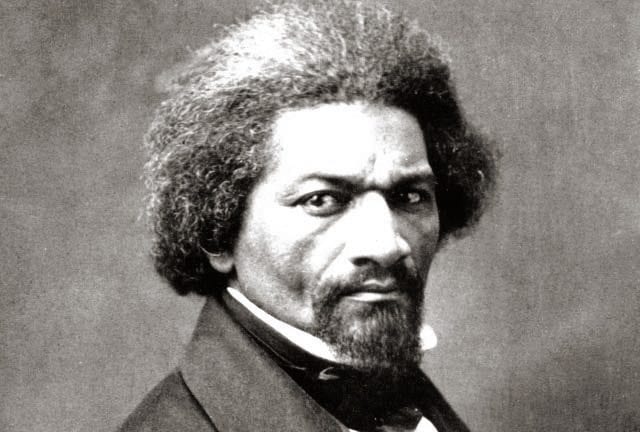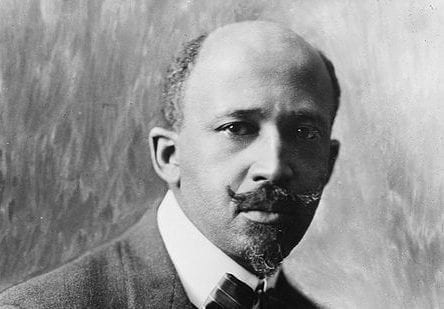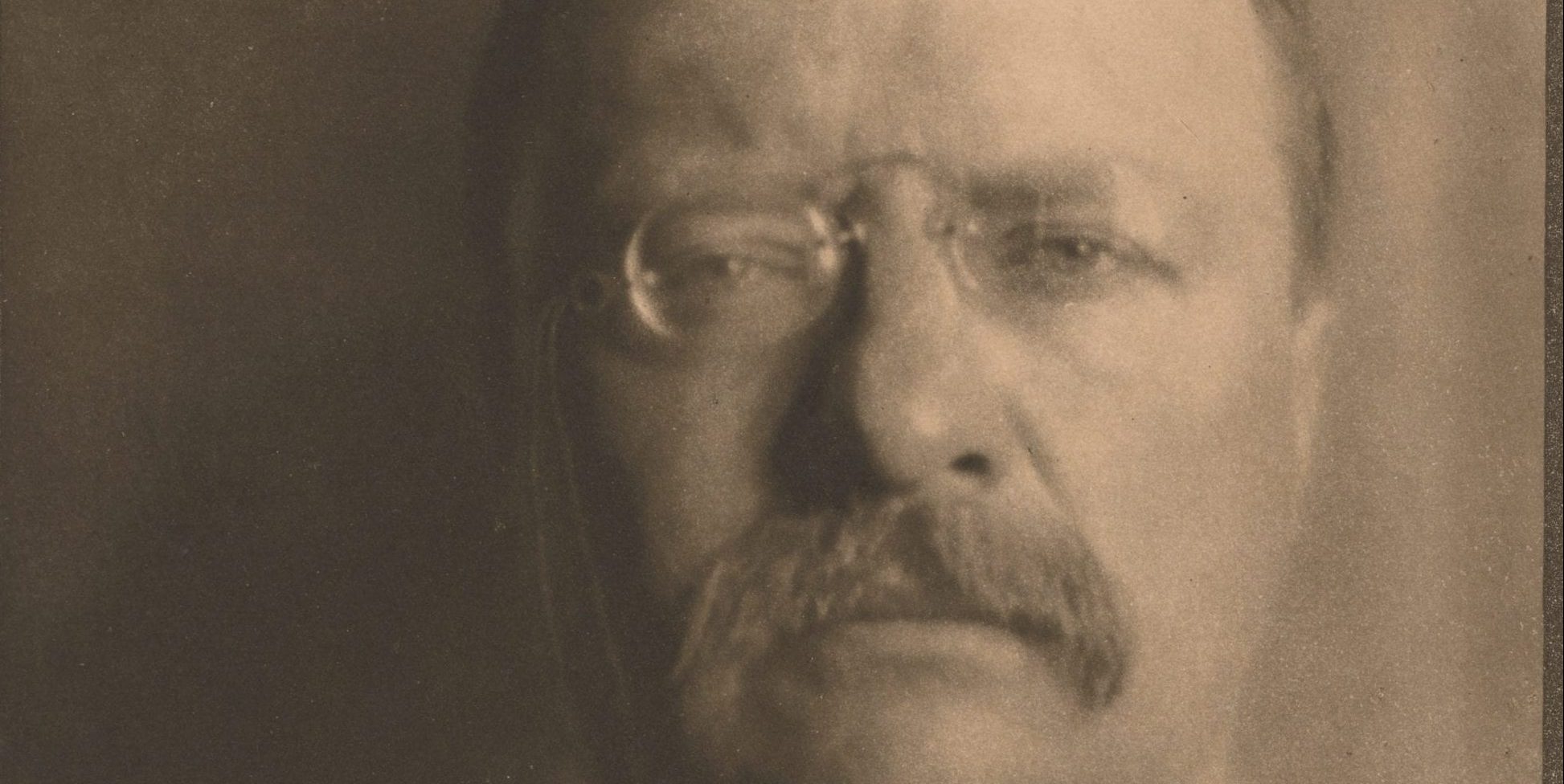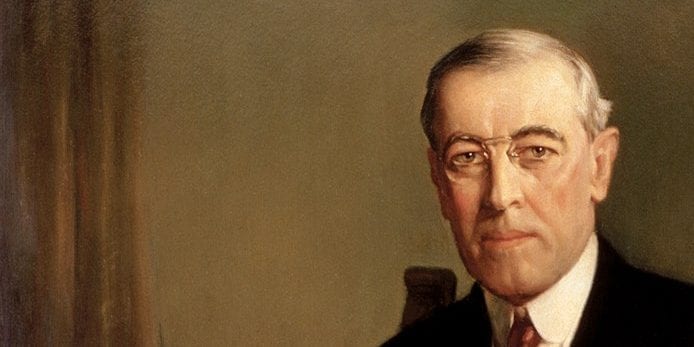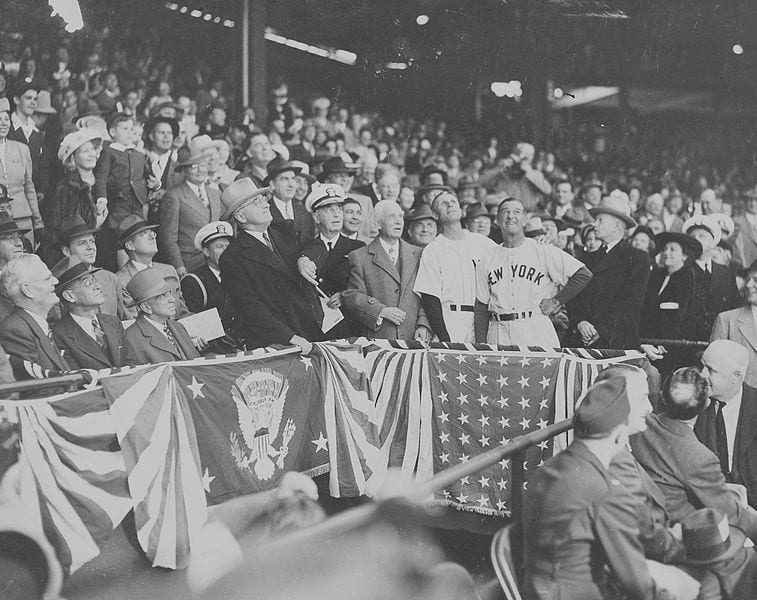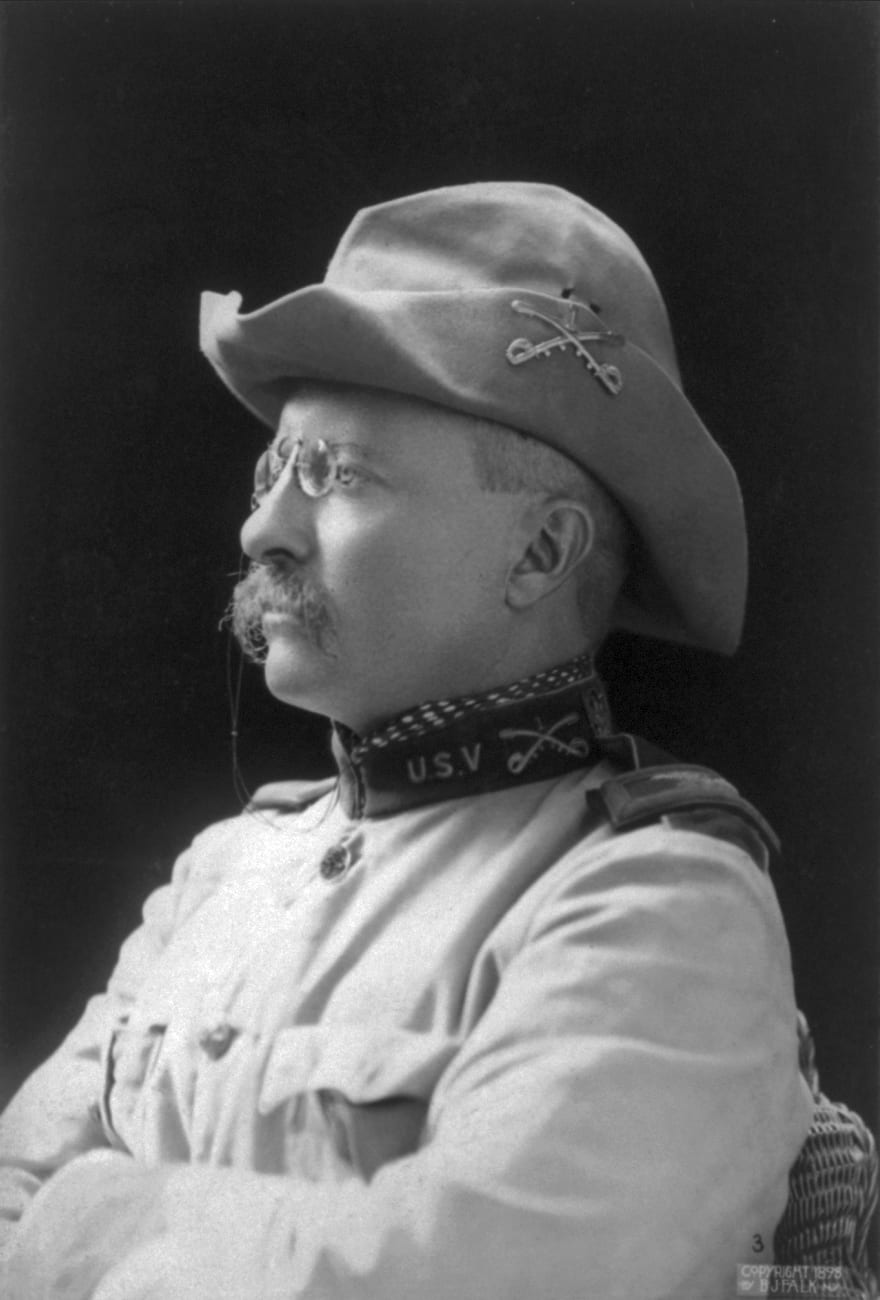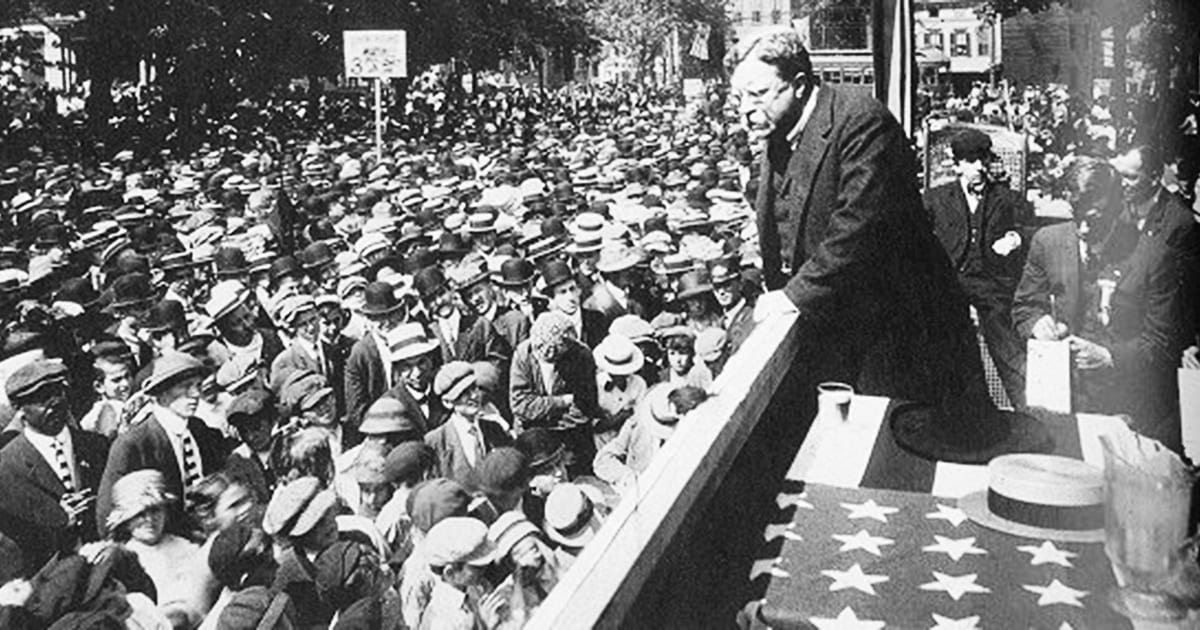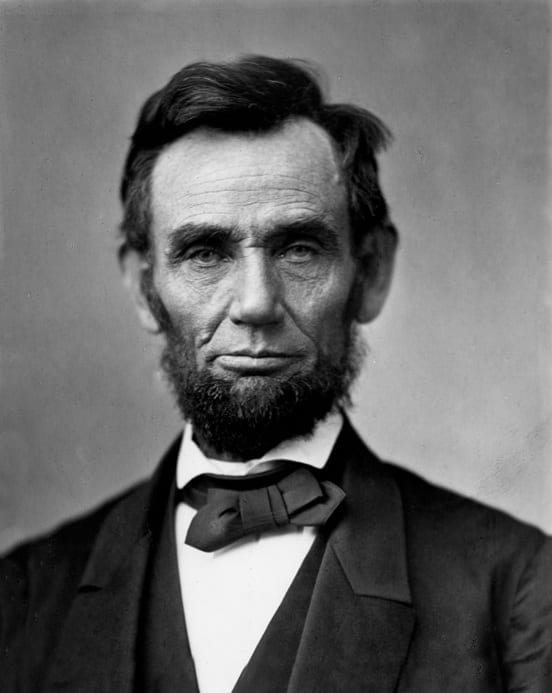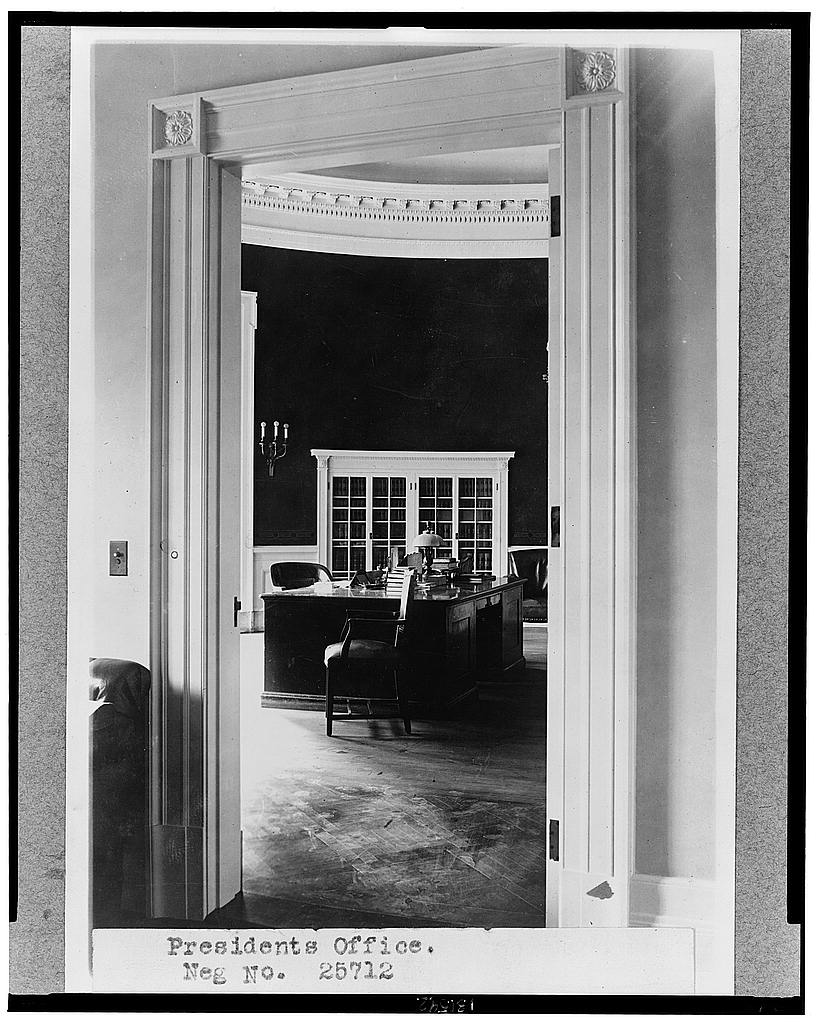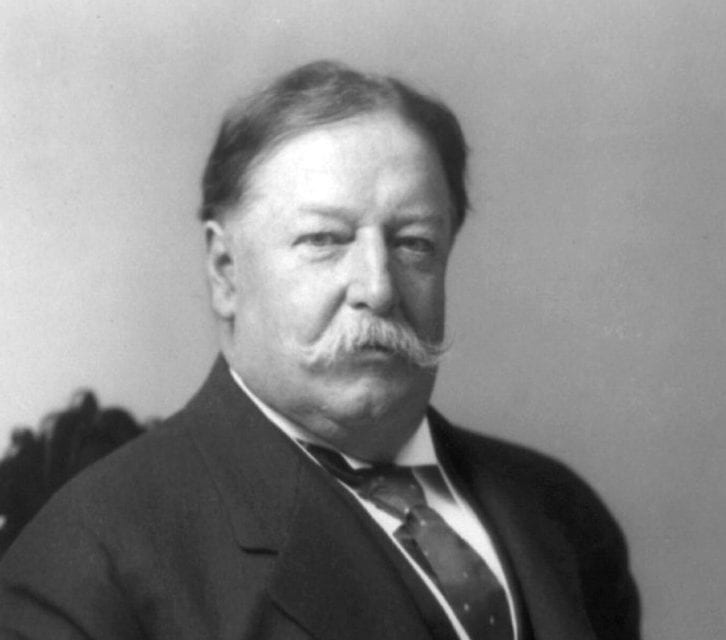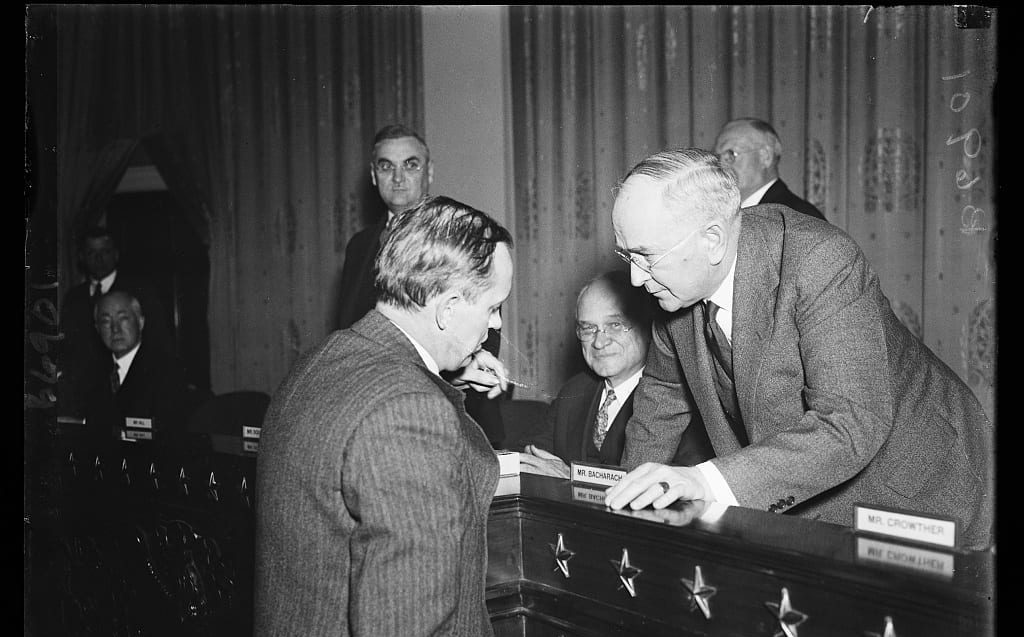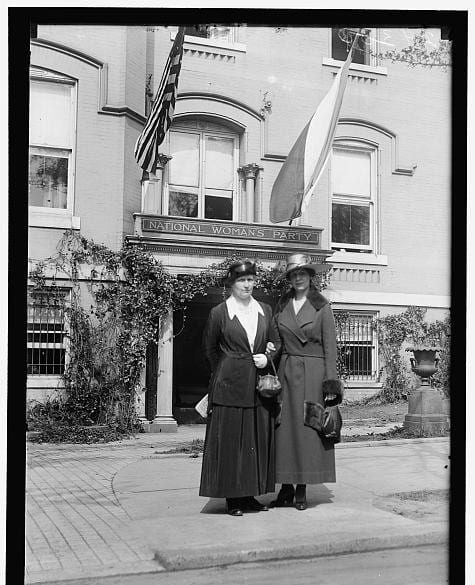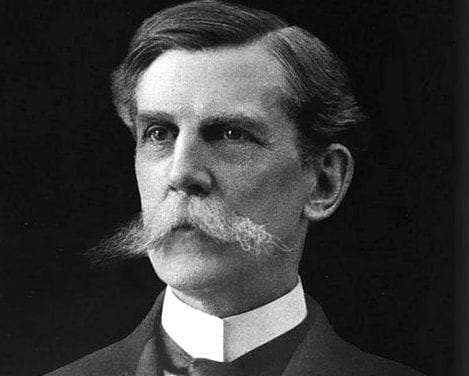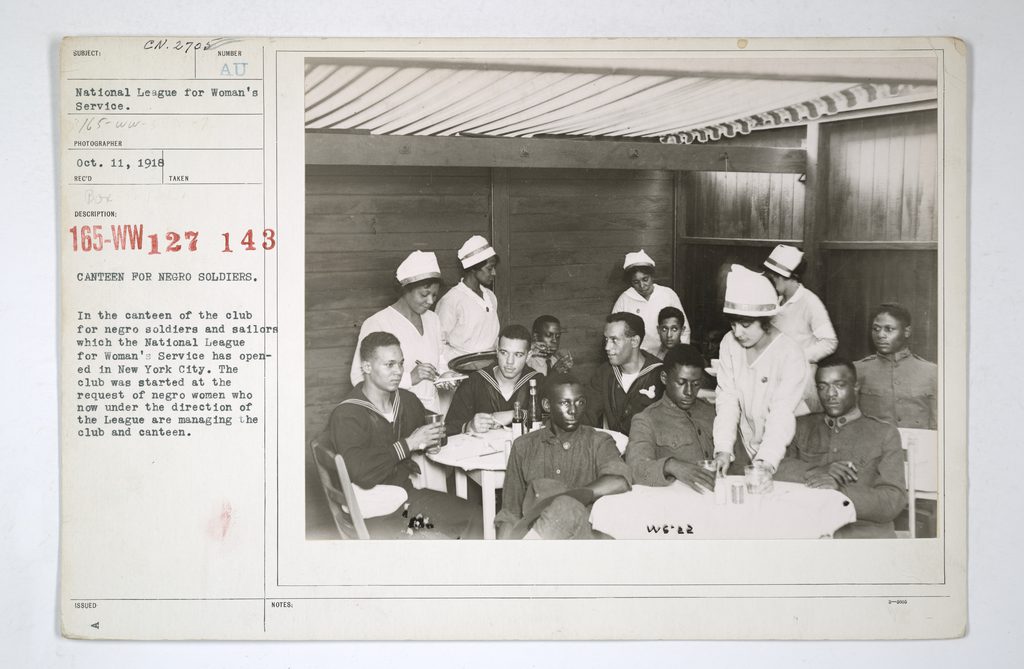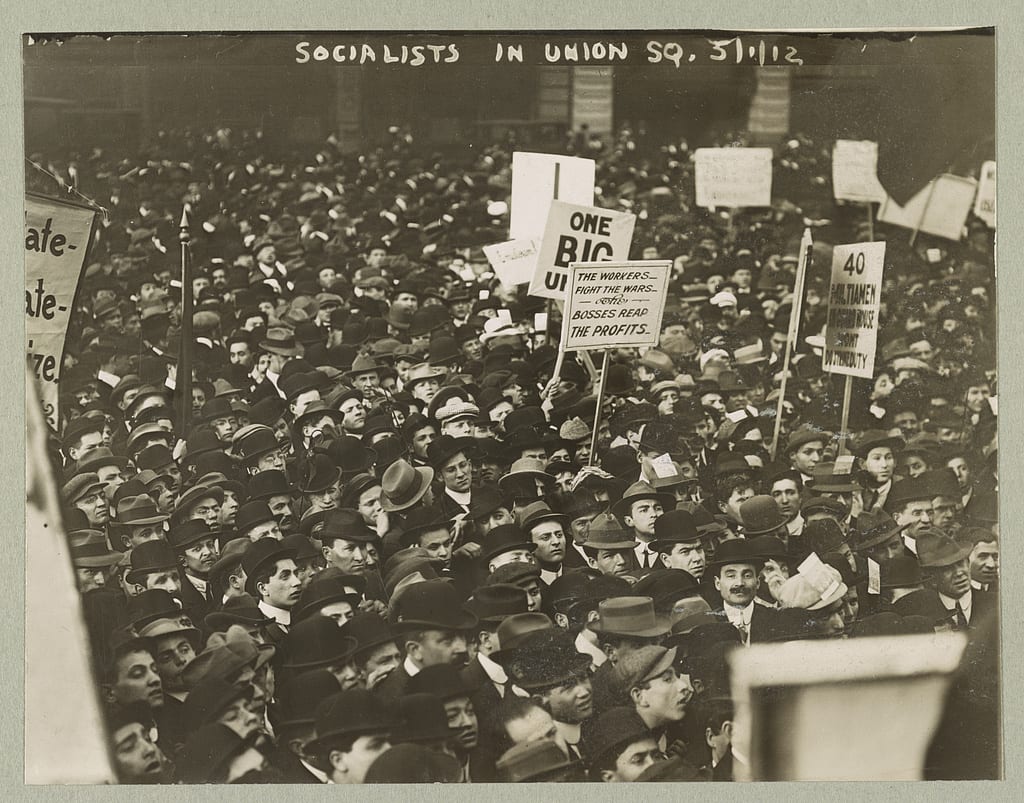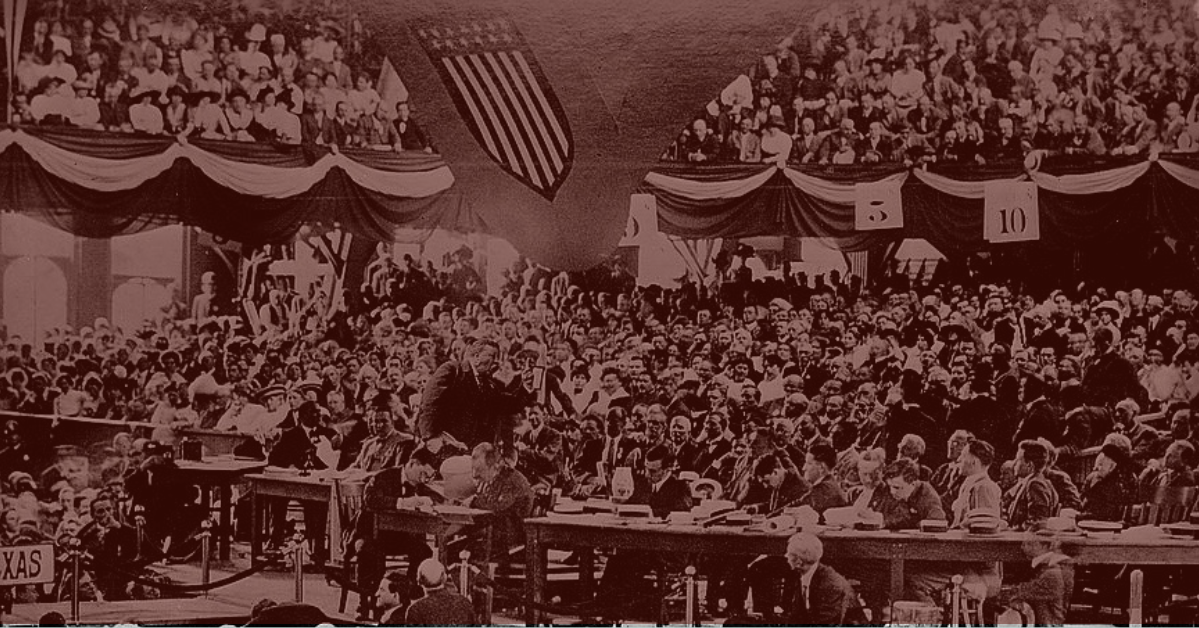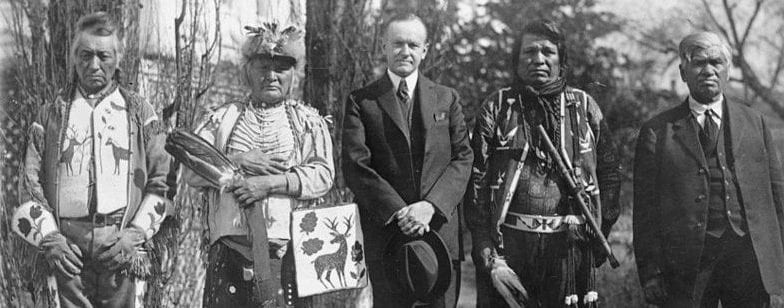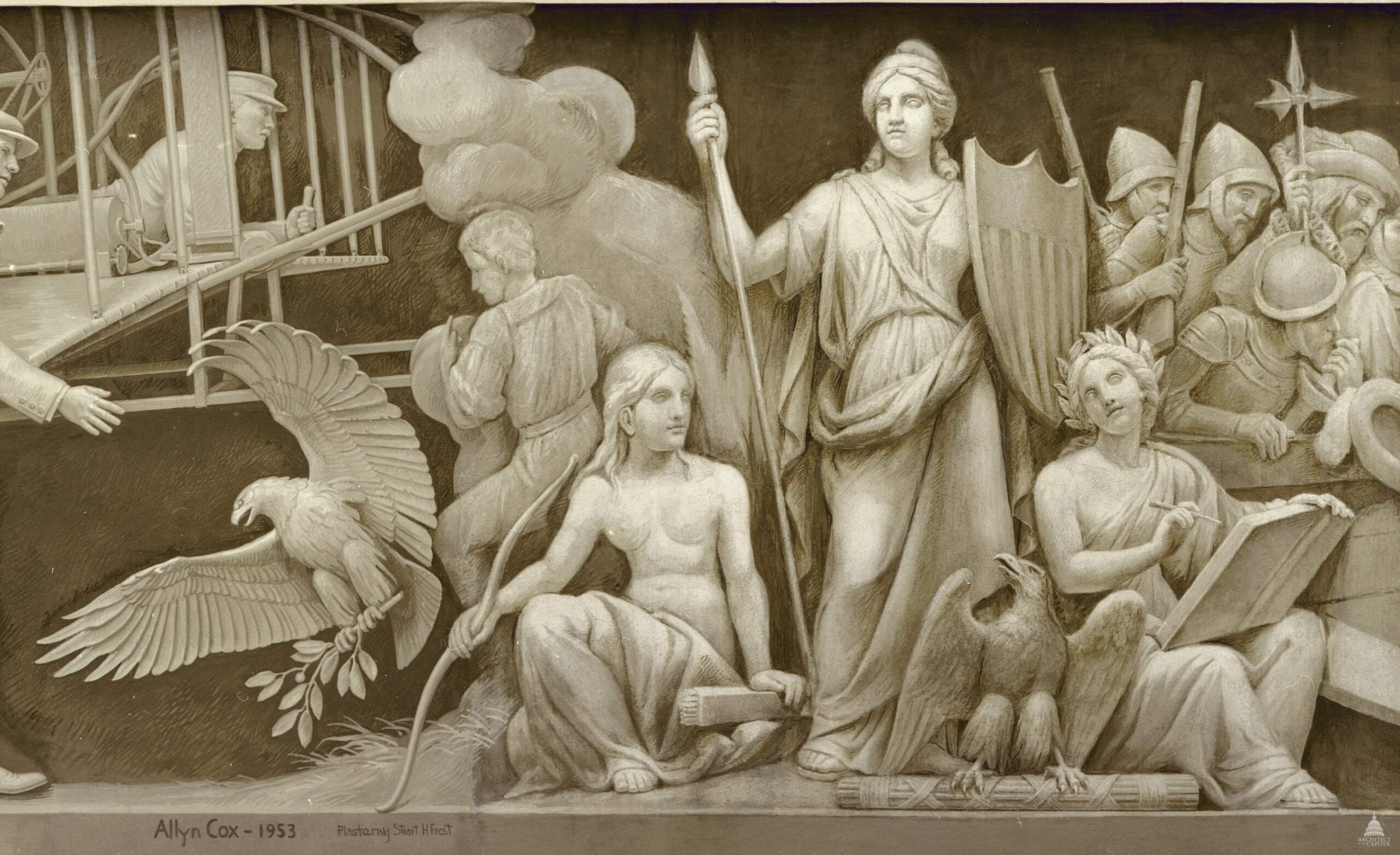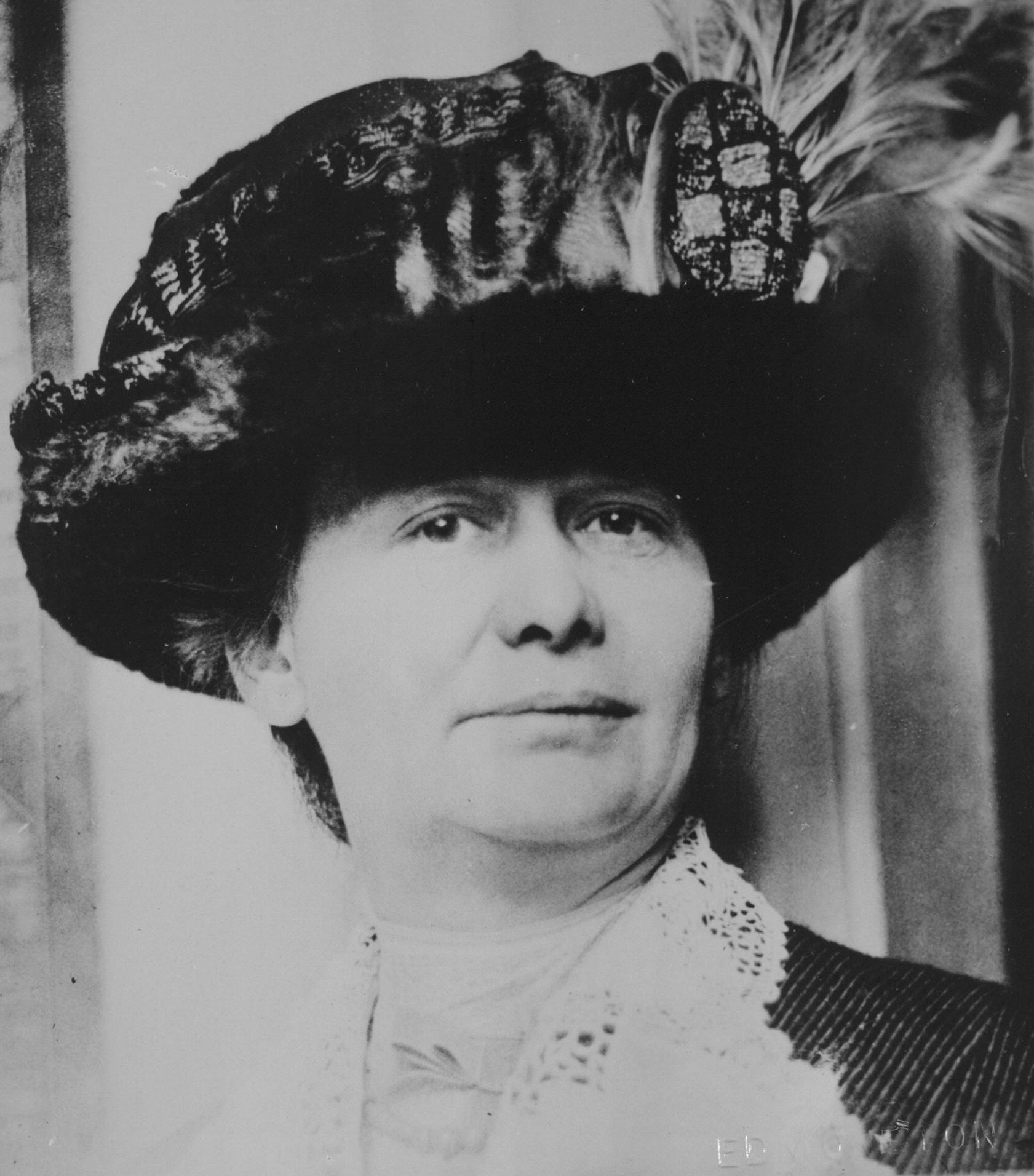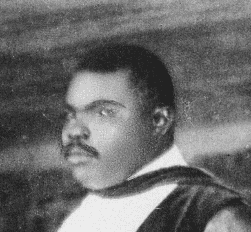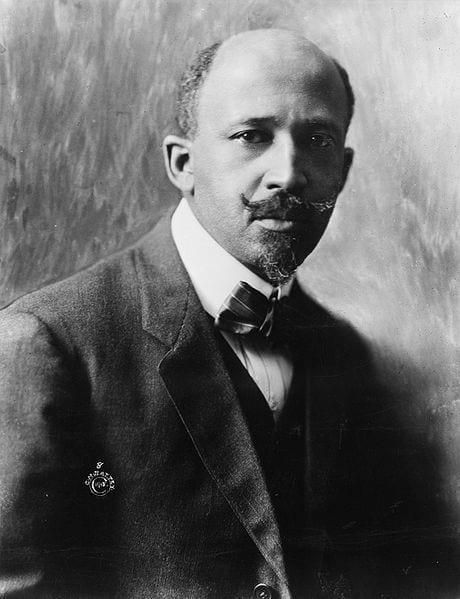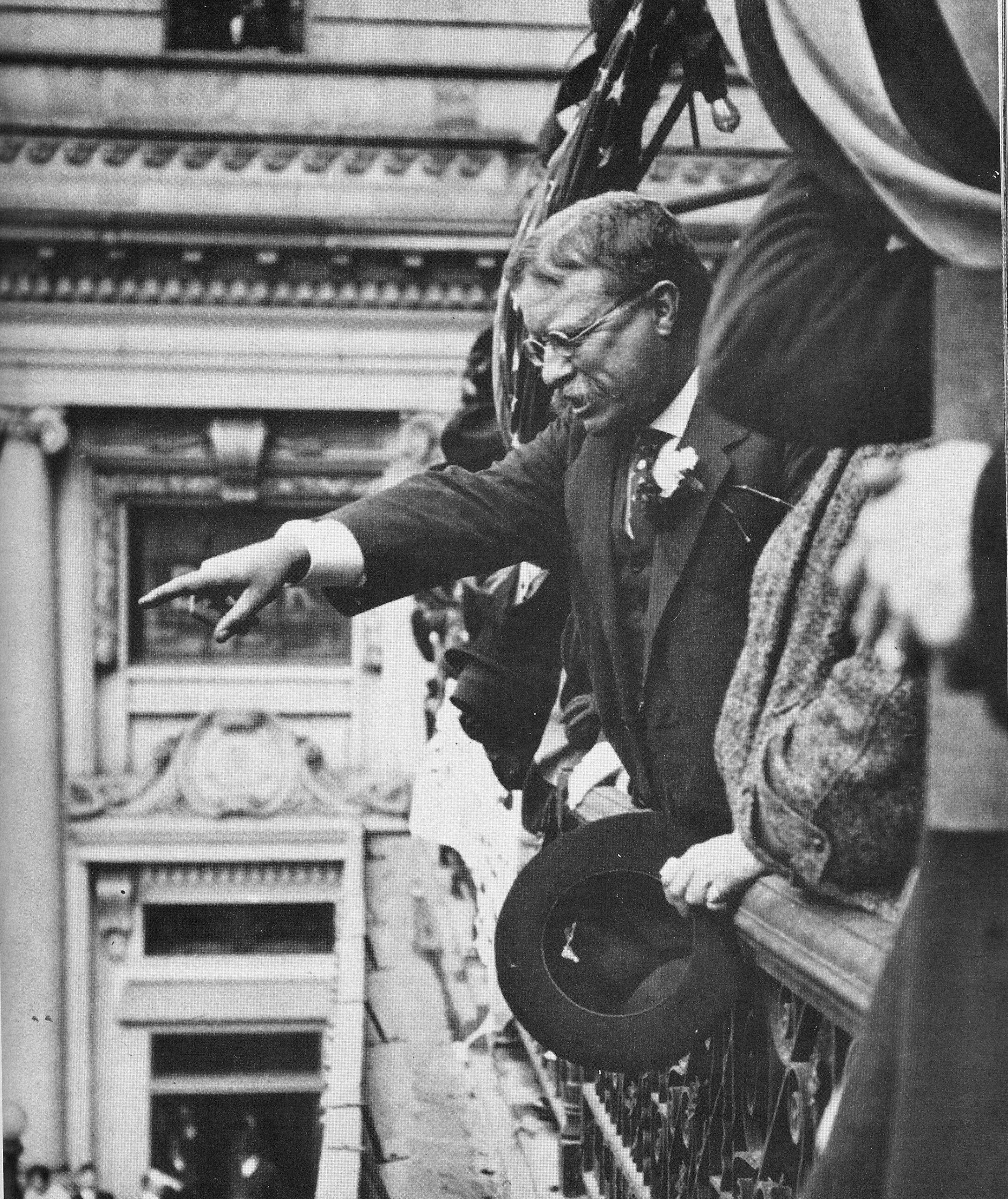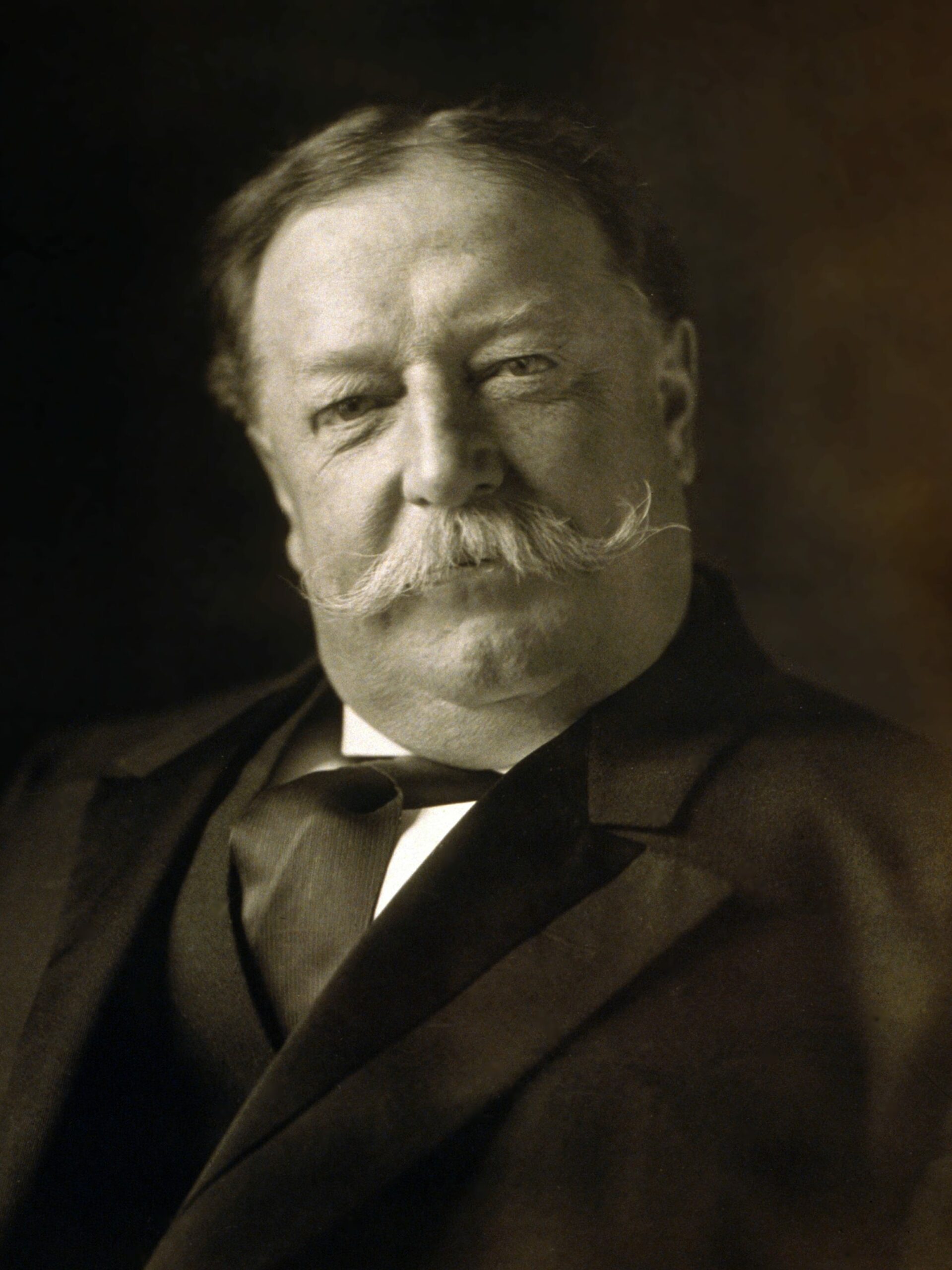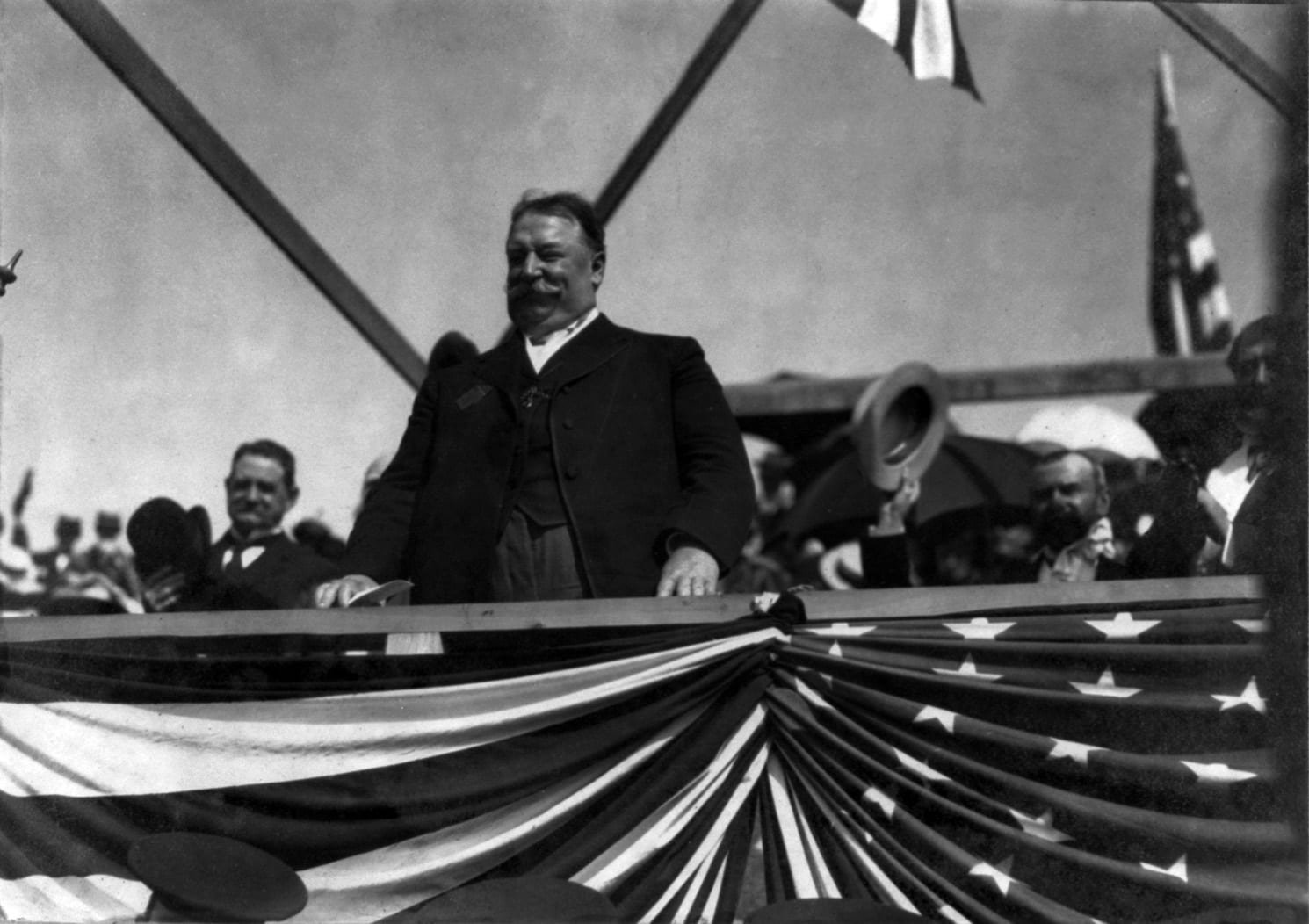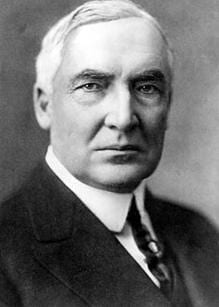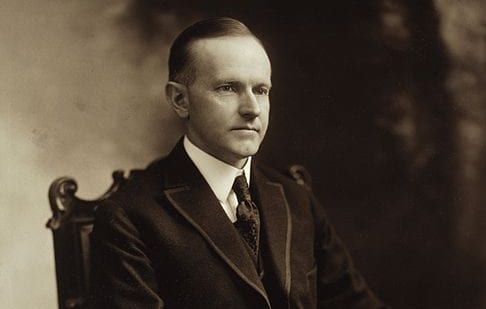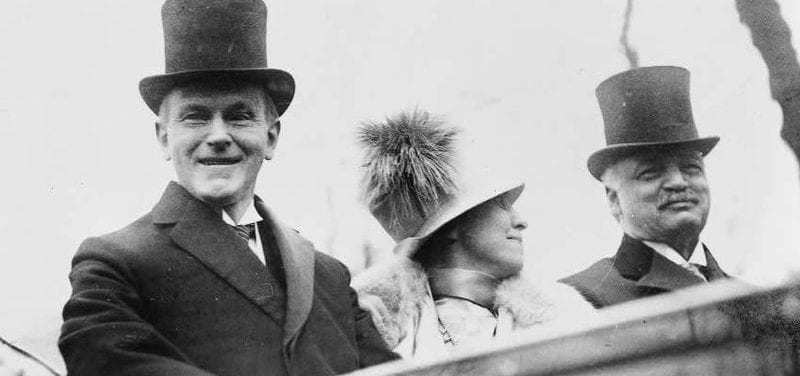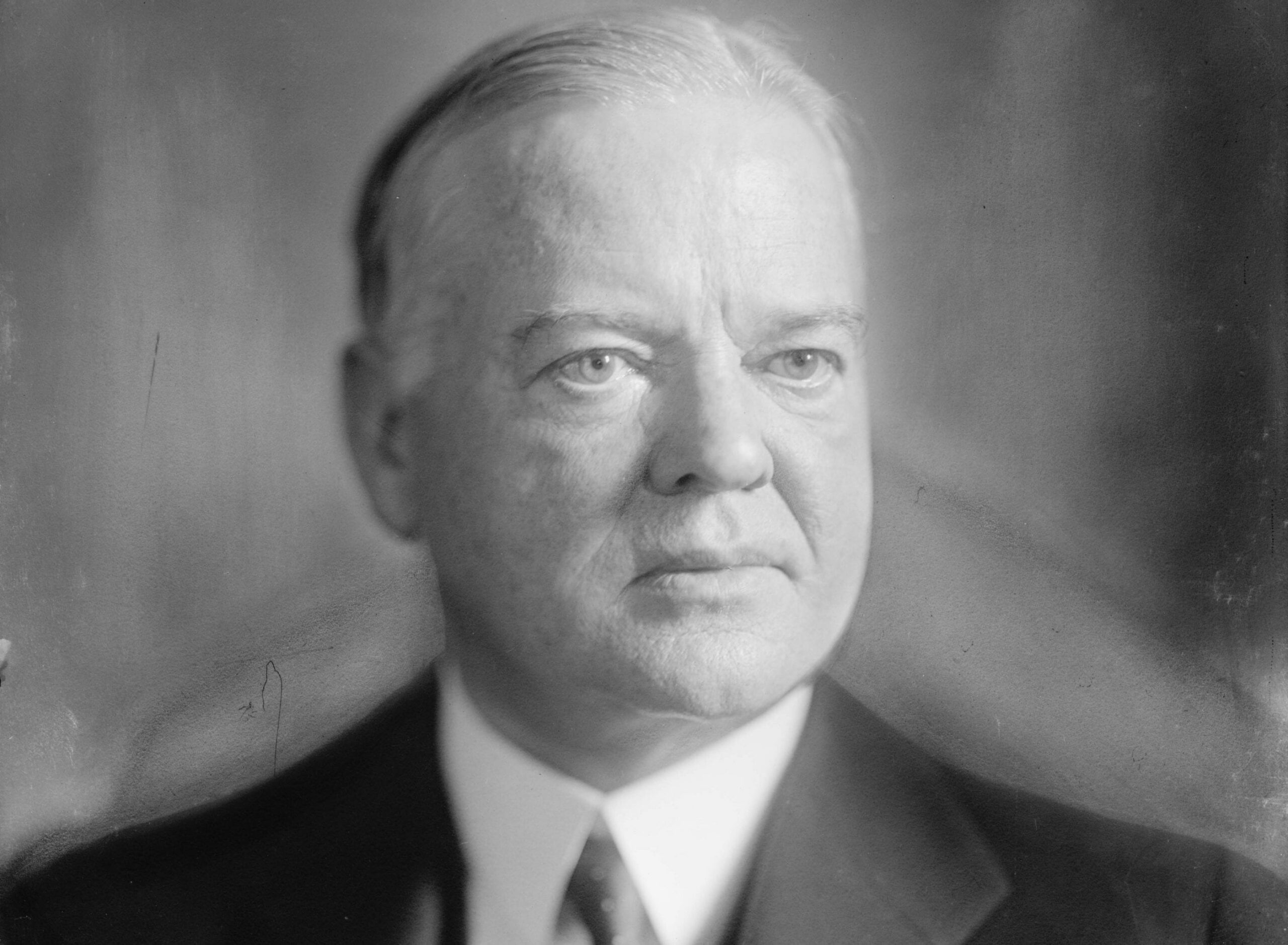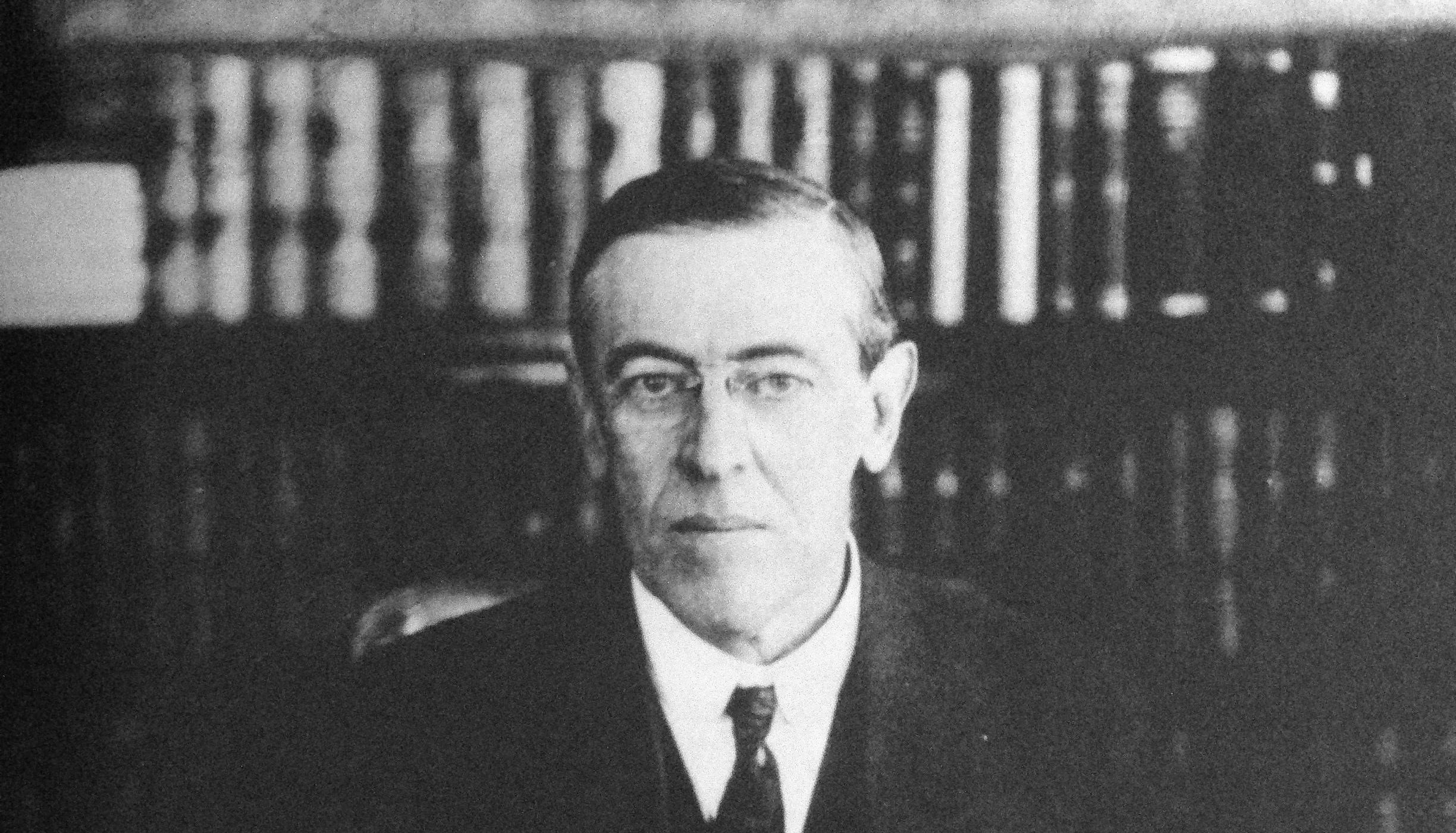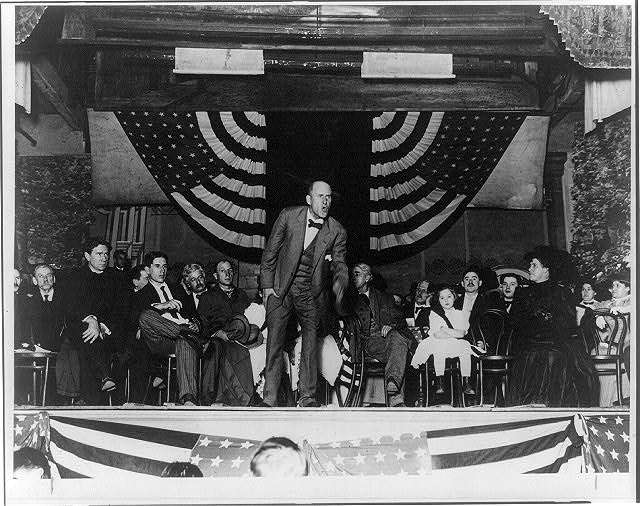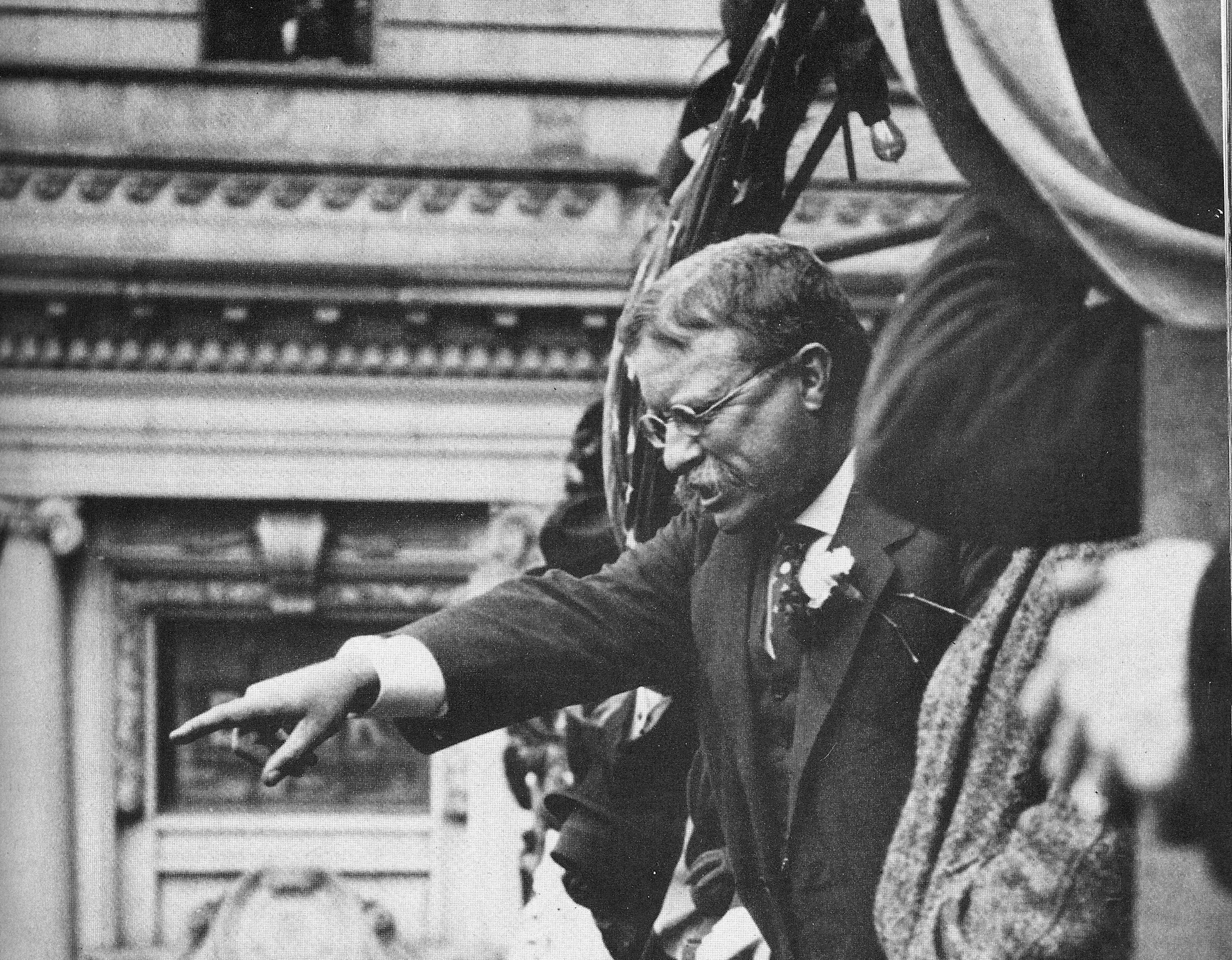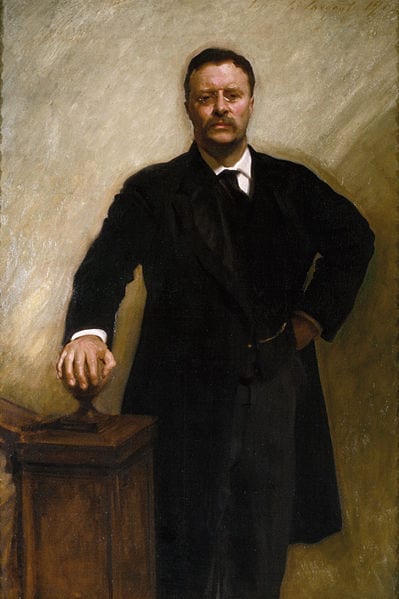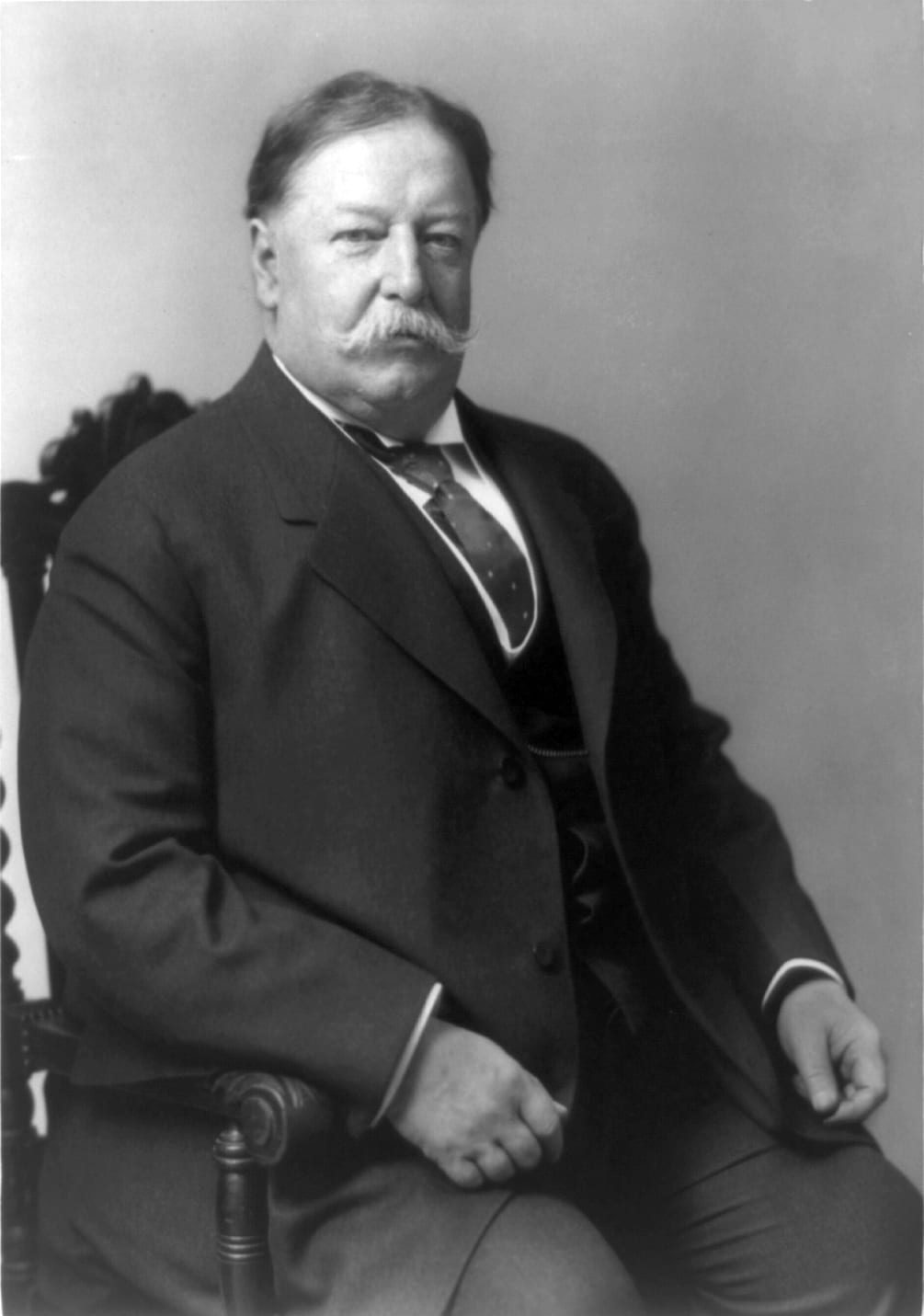
No study questions
No related resources
To the Senate and House of Representatives:
FINANCES.
The financial standing of the Nation at the present time is excellent, and the financial management of the Nation’s interests by the Government during the last seven years has shown the most satisfactory results. But our currency system is imperfect, and it is earnestly to be hoped that the Currency Commission will be able to propose a thoroughly good system which will do away with the existing defects.
During the period from July 1, 1901, to September 30, 1908, there was an increase in the amount of money in circulation of $902,991,399. The increase in the per capita during this period was $7.06. Within this time there were several occasions when it was necessary for the Treasury Department to come to the relief of the money market by purchases or redemptions of United States bonds; by increasing deposits in national banks; by stimulating additional issues of national bank notes, and by facilitating importations from abroad of gold. Our imperfect currency system has made these proceedings necessary, and they were effective until the monetary disturbance in the fall of 1907 immensely increased the difficulty of ordinary methods of relief. By the middle of November the available working balance in the Treasury had been reduced to approximately $5,000,000. Clearing house associations throughout the country had been obliged to resort to the expedient of issuing clearing house certificates, to be used as money. In this emergency it was determined to invite subscriptions for $50,000,000 Panama Canal bonds, and $100,000,000 three per cent certificates of indebtedness authorized by the act of June 13, 1898. It was proposed to re-deposit in the national banks the proceeds of these issues, and to permit their use as a basis for additional circulating notes of national banks. The moral effect of this procedure was so great that it was necessary to issue only $24,631,980 of the Panama Canal bonds and $15,436,500 of the certificates of indebtedness.
During the period from July 1, 1901, to September 30, 1908, the balance between the net ordinary receipts and the net ordinary expenses of the Government showed a surplus in the four years 1902, 1903, 1906 and 1907, and a deficit in the years 1904, 1905, 1908 and a fractional part of the fiscal year 1909. The net result was a surplus of $99,283,413.54. The financial operations of the Government during this period, based upon these differences between receipts and expenditures, resulted in a net reduction of the interest-bearing debt of the United States from $987,141,040 to $897,253,990, notwithstanding that there had been two sales of Panama Canal bonds amounting in the aggregate to $54,631,980, and an issue of three per cent certificates of indebtedness under the act of June 13, 1998, amounting to $15,436,500. Refunding operations of the Treasury Department under the act of March 14, 1900, resulted in the conversion into two per cent consols of 1930 of $200,309,400 bonds bearing higher rates of interest. A decrease of $8,687,956 in the annual interest charge resulted from these operations.
In short, during the seven years and three months there has been a net surplus of nearly one hundred millions of receipts over expenditures, a reduction of the interest-bearing debt by ninety millions, in spite of the extraordinary expense of the Panama Canal, and a saving of nearly nine millions on the annual interest charge. This is an exceedingly satisfactory showing, especially in view of the fact that during this period the Nation has never hesitated to undertake any expenditure that it regarded as necessary. There have been no new taxes and no increase of taxes; on the contrary, some taxes have been taken off; there has been a reduction of taxation.
CORPORATIONS.
As regards the great corporations engaged in interstate business, and especially the railroad, I can only repeat what I have already again and again said in my messages to the Congress, I believe that under the interstate clause of the Constitution the United States has complete and paramount right to control all agencies of interstate commerce, and I believe that the National Government alone can exercise this right with wisdom and effectiveness so as both to secure justice from, and to do justice to, the great corporations which are the most important factors in modern business. I believe that it is worse than folly to attempt to prohibit all combinations as is done by the Sherman anti-trust law, because such a law can be enforced only imperfectly and unequally, and its enforcement works almost as much hardship as good. I strongly advocate that instead of an unwise effort to prohibit all combinations there shall be substituted a law which shall expressly permit combinations which are in the interest of the public, but shall at the same time give to some agency of the National Government full power of control and supervision over them. One of the chief features of this control should be securing entire publicity in all matters which the public has a right to know, and furthermore, the power, not by judicial but by executive action, to prevent or put a stop to every form of improper favoritism or other wrongdoing.
The railways of the country should be put completely under the Interstate Commerce Commission and removed from the domain of the anti-trust law. The power of the Commission should be made thoroughgoing, so that it could exercise complete supervision and control over the issue of securities as well as over the raising and lowering of rates. As regards rates, at least, this power should be summary. The power to investigate the financial operations and accounts of the railways has been one of the most valuable features in recent legislation. Power to make combinations and traffic agreements should be explicitly conferred upon the railroads, the permission of the Commission being first gained and the combination or agreement being published in all its details. In the interest of the public the representatives of the public should have complete power to see that the railroads do their duty by the public, and as a matter of course this power should also be exercised so as to see that no injustice is done to the railroads. The shareholders, the employees and the shippers all have interests that must be guarded. It is to the interest of all of them that no swindling stock speculation should be allowed, and that there should be no improper issuance of securities. The guiding intelligences necessary for the successful building and successful management of railroads should receive ample remuneration; but no man should be allowed to make money in connection with railroads out of fraudulent over-capitalization and kindred stock-gambling performances; there must be no defrauding of investors, oppression of the farmers and business men who ship freight, or callous disregard of the rights and needs of the employees. In addition to this the interests of the shareholders, of the employees, and of the shippers should all be guarded as against one another. To give any one of them undue and improper consideration is to do injustice to the others. Rates must be made as low as is compatible with giving proper returns to all the employees of the railroad, from the highest to the lowest, and proper returns to the shareholders; but they must not, for instance, be reduced in such fashion as to necessitate a cut in the wages of the employees or the abolition of the proper and legitimate profits of honest shareholders.
Telegraph and telephone companies engaged in interstate business should be put under the jurisdiction of the Interstate Commerce Commission.
It is very earnestly to be wished that our people, through their representatives, should act in this matter. It is hard to say whether most damage to the country at large would come from entire failure on the part of the public to supervise and control the actions of the great corporations, or from the exercise of the necessary governmental power in a way which would do injustice and wrong to the corporations. Both the preachers of an unrestricted individualism, and the preachers of an oppression which would deny to able men of business the just reward of their initiative and business sagacity, are advocating policies that would be fraught with the gravest harm to the whole country. To permit every lawless capitalist, every law-defying corporation, to take any action, no matter how iniquitous, in the effort to secure an improper profit and to build up privilege, would be ruinous to the Republic and would mark the abandonment of the effort to secure in the industrial world the spirit of democratic fair dealing. On the other hand, to attack these wrongs in that spirit of demagogy which can see wrong only when committed by the man of wealth, and is dumb and blind in the presence of wrong committed against men of property or by men of no property, is exactly as evil as corruptly to defend the wrongdoing of men of wealth. The war we wage must be waged against misconduct, against wrongdoing wherever it is found; and we must stand heartily for the rights of every decent man, whether he be a man of great wealth or a man who earns his livelihood as a wage-worker or a tiller of the soil.
It is to the interest of all of us that there should be a premium put upon individual initiative and individual capacity, and an ample reward for the great directing intelligences alone competent to manage the great business operations of to-day. It is well to keep in mind that exactly as the anarchist is the worst enemy of liberty and the reactionary the worst enemy of order, so the men who defend the rights of property have most to fear from the wrongdoers of great wealth, and the men who are championing popular rights have most to fear from the demagogues who in the name of popular rights would do wrong to and oppress honest business men, honest men of wealth; for the success of either type of wrongdoer necessarily invites a violent reaction against the cause the wrongdoer nominally upholds. In point of danger to the Nation there is nothing to choose between on the one hand the corruptionist, the bribe-giver, the bribe-taker, the man who employs his great talent to swindle his fellow-citizens on a large scale, and, on the other hand, the preacher of class hatred, the man who, whether from ignorance or from willingness to sacrifice his country to his ambition, persuades well-meaning but wrong-headed men to try to destroy the instruments upon which our prosperity mainly rests. Let each group of men beware of and guard against the shortcomings to which that group is itself most liable. Too often we see the business community in a spirit of unhealthy class consciousness deplore the effort to hold to account under the law the wealthy men who in their management of great corporations, whether railroads, street railways, or other industrial enterprises, have behaved in a way that revolts the conscience of the plain, decent people. Such an attitude can not be condemned too severely, for men of property should recognize that they jeopardize the rights of property when they fail heartily to join in the effort to do away with the abuses of wealth. On the other hand, those who advocate proper control on behalf of the public, through the State, of these great corporations, and of the wealth engaged on a giant scale in business operations, must ever keep in mind that unless they do scrupulous justice to the corporation, unless they permit ample profit,and cordially encourage capable men of business so long as they act with honesty, they are striking at the root of our national well-being; for in the long run, under the mere pressure of material distress, the people as a whole would probably go back to the reign of an unrestricted individualism rather than submit to a control by the State so drastic and so foolish, conceived in a spirit of such unreasonable and narrow hostility to wealth, as to prevent business operations from being profitable, and therefore to bring ruin upon the entire business community, and ultimately upon the entire body of citizens.
The opposition to Government control of these great corporations makes its most effective effort in the shape of an appeal to the old doctrine of State’s rights. Of course there are many sincere men who now believe in unrestricted individualism in business, just as there were formerly many sincere men who believed in slavery—that is, in the unrestricted right of an individual to own another individual. These men do not by themselves have great weight, however. The effective fight against adequate Government control and supervision of individual, and especially of corporate, wealth engaged in interstate business is chiefly done under cover; and especially under cover of an appeal to State’s rights. It is not at all infrequent to read in the same speech a denunciation of predatory wealth fostered by special privilege and defiant of both the public welfare and law of the land, and a denunciation of centralization in the Central Government of the power to deal with this centralized and organized wealth. Of course the policy set forth in such twin denunciations amounts to absolutely nothing, for the first half is nullified by the second half. The chief reason, among the many sound and compelling reasons, that led to the formation of the National Government was the absolute need that the Union, and not the several States, should deal with interstate and foreign commerce; and the power to deal with interstate commerce was granted absolutely and plenarily to the Central Government and was exercised completely as regards the only instruments of interstate commerce known in those days—the waterways, the highroads, as well as the partnerships of individuals who then conducted all of what business there was. Interstate commerce is now chiefly conducted by railroads; and the great corporation has supplanted the mass of small partnerships or individuals. The proposal to make the National Government supreme over, and therefore to give it complete control over, the railroads and other instruments of interstate commerce is merely a proposal to carry out to the letter one of the prime purposes, if not the prime purpose, for which the Constitution was rounded. It does not represent centralization. It represents merely the acknowledgment of the patent fact that centralization has already come in business. If this irresponsible outside business power is to be controlled in the interest of the general public it can only be controlled in one way—by giving adequate power of control to the one sovereignty capable of exercising such power—the National Government. Forty or fifty separate state governments can not exercise that power over corporations doing business in most or all of them; first, because they absolutely lack the authority to deal with interstate business in any form; and second, because of the inevitable conflict of authority sure to arise in the effort to enforce different kinds of state regulation, often inconsistent with one another and sometimes oppressive in themselves. Such divided authority can not regulate commerce with wisdom and effect. The Central Government is the only power which, without oppression, can nevertheless thoroughly and adequately control and supervise the large corporations. To abandon the effort for National control means to abandon the effort for all adequate control and yet to render likely continual bursts of action by State legislatures, which can not achieve the purpose sought for, but which can do a great deal of damage to the corporation without conferring any real benefit on the public.
I believe that the more farsighted corporations are themselves coming to recognize the unwisdom of the violent hostility they have displayed during the last few years to regulation and control by the National Government of combinations engaged in interstate business. The truth is that we who believe in this movement of asserting and exercising a genuine control, in the public interest, over these great corporations have to contend against two sets of enemies, who, though nominally opposed to one another, are really allies in preventing a proper solution of the problem. There are, first, the big corporation men, and the extreme individualists among business men, who genuinely believe in utterly unregulated business that is, in the reign of plutocracy; and, second, the men who, being blind to the economic movements of the day, believe in a movement of repression rather than of regulation of corporations, and who denounce both the power of the railroads and the exercise of the Federal power which alone can really control the railroads. Those who believe in efficient national control, on the other hand, do not in the least object to combinations; do not in the least object to concentration in business administration. On the contrary, they favor both, with the all important proviso that there shall be such publicity about their workings, and such thoroughgoing control over them, as to insure their being in the interest, and not against the interest, of the general public. We do not object to the concentration of wealth and administration; but we do believe in the distribution of the wealth in profits to the real owners, and in securing to the public the full benefit of the concentrated administration. We believe that with concentration in administration there can come both [the] advantage of a larger ownership and of a more equitable distribution of profits, and at the same time a better service to the commonwealth. We believe that the administration should be for the benefit of the many; and that greed and rascality, practiced on a large scale, should be punished as relentlessly as if practiced on a small scale.
We do not for a moment believe that the problem will be solved by any short and easy method. The solution will come only by pressing various concurrent remedies. Some of these remedies must lie outside the domain of all government. Some must lie outside the domain of the Federal Government. But there is legislation which the Federal Government alone can enact and which is absolutely vital in order to secure the attainment of our purpose. Many laws are needed. There should be regulation by the National Government of the great interstate corporations, including a simple method of account keeping, publicty, supervision of the issue securities, abolition of rebates, and of special privileges. There should be short time franchises for all corporations engaged in public business; including the corporations which get power from water rights. There should be National as well as State guardianship of mines and forests. The labor legislation hereinafter referred to should concurrently be enacted into law.
To accomplish this, means of course a certain increase in the use of—not the creation of—power, by the Central Government. The power already exists; it does not have to be created; the only question is whether it shall be used or left idle—and meanwhile the corporations over which the power ought to be exercised will not remain idle. Let those who object to this increase in the use of the only power available, the national power, be frank, and admit openly that they propose to abandon any effort to control the great business corporations and to exercise supervision over the accumulation and distribution of wealth; for such supervision and control can only come through this particular kind of increase of power. We no more believe in that empiricism which demand[s] absolutely unrestrained individualism than we do in that empiricism which clamors for a deadening socialism which would destroy all individual initiative and would ruin the country with a completeness that not even an unrestrained individualism itself could achieve. The danger to American democracy lies not in the least in the concentration of administrative power in responsible and accountable hands. It lies in having the power insufficiently concentrated, so that no one can be held responsible to the people for its use. Concentrated power is palpable, visible, responsible, easily reached, quickly held to account. Power scattered through many administrators, many legislators, many men who work behind and through legislators and administrators, is impalpable, is unseen, is irresponsible, can not be reached, can not be held to account. Democracy is in peril wherever the administration of political power is scattered among a variety of men who work in secret, whose very names are unknown to the common people. It is not in peril from any man who derives authority from the people, who exercises it in sight of the people, and who is from time to time compelled to give an account of its exercise to the people.
LABOR.
There are many matters affecting labor and the status of the wage-worker to which I should like to draw your attention, but an exhaustive discussion of the problem in all its aspects is not now necessary. This administration is nearing its end; and, moreover, under our form of government the solution of the problem depends upon the action of the States as much as upon the action of the Nation. Nevertheless, there are certain considerations which I wish to set before you, because I hope that our people will more and more keep them in mind. A blind and ignorant resistance to every effort for the reform of abuses and for the readjustment of society to modern industrial conditions represents not true conservatism, but an incitement to the wildest radicalism; for wise radicalism and wise conservatism go hand in hand, one bent on progress, the other bent on seeing that no change is made unless in the right direction. I believe in a steady effort, or perhaps it would be more accurate to say in steady efforts in many different directions, to bring about a condition of affairs under which the men who work with hand or with brain, the laborers, the superintendents, the men who produce for the market and the men who find a market for the articles produced, shall own a far greater share than at present of the wealth they produce, and be enabled to invest it in the tools and instruments by which all work is carried on. As far as possible I hope to see a frank recognition of the advantages conferred by machinery, organization, and division of labor, accompanied by an effort to bring about a larger share in the ownership by wage-worker of railway, mill and factory. In farming, this simply means that we wish to see the farmer own his own land; we do not wish to see the farms so large that they become the property of absentee landlords who farm them by tenants, nor yet so small that the farmer becomes like a European peasant. Again, the depositors in our savings banks now number over one-tenth of our entire population. These are all capitalists, who through the savings banks loan their money to the workers—that is, in many cases to themselves—to carry on their various industries. The more we increase their number, the more we introduce the principles of cooperation into our industry. Every increase in the number of small stockholders in corporations is a good thing, for the same reasons; and where the employees are the stockholders the result is particularly good. Very much of this movement must be outside of anything that can be accomplished by legislation; but legislation can do a good deal. Postal savings banks will make it easy for the poorest to keep their savings in absolute safety. The regulation of the national highways must be such that they shall serve all people with equal justice. Corporate finances must be supervised so as to make it far safer than at present for the man of small means to invest his money in stocks. There must be prohibition of child labor, diminution of woman labor, shortening of hours of all mechanical labor; stock watering should be prohibited, and stock gambling so far as is possible discouraged. There should be a progressive inheritance tax on large fortunes. Industrial education should be encouraged. As far as possible we should lighten the burden of taxation on the small man. We should put a premium upon thrift, hard work, and business energy; but these qualities cease to be the main factors in accumulating a fortune long before that fortune reaches a point where it would be seriously affected by any inheritance tax such as I propose. It is eminently right that the Nation should fix the terms upon which the great fortunes are inherited. They rarely do good and they often do harm to those who inherit them in their entirety.
PROTECTION FOR WAGEWORKERS.
The above is the merest sketch, hardly even a sketch in outline, of the reforms for which we should work. But there is one matter with which the Congress should deal at this session. There should no longer be any paltering with the question of taking care of the wage-workers who, under our present industrial system, become killed, crippled, or worn out as part of the regular incidents of a given business. The majority of wageworkers must have their rights secured for them by State action; but the National Government should legislate in thoroughgoing and far-reaching fashion not only for all employees of the National Government, but for all persons engaged in interstate commerce. The object sought for could be achieved to a measurable degree, as far as those killed or crippled are concerned, by proper employers’ liability laws. As far as concerns those who have been worn out, I call your attention to the fact that definite steps toward providing old-age pensions have been taken in many of our private industries. These may be indefinitely extended through voluntary association and contributory schemes, or through the agency of savings banks, as under the recent Massachusetts plan. To strengthen these practical measures should be our immediate duty; it is not at present necessary to consider the larger and more general governmental schemes that most European governments have found themselves obliged to adopt.
Our present system, or rather no system, works dreadful wrong, and is of benefit to only one class of people—the lawyers. When a workman is injured what he needs is not an expensive and doubtful lawsuit, but the certainty of relief through immediate administrative action. The number of accidents which result in the death or crippling of wageworkers, in the Union at large, is simply appalling; in a very few years it runs up a total far in excess of the aggregate of the dead and wounded in any modern war. No academic theory about “freedom of contract” or “constitutional liberty to contract” should be permitted to interfere with this and similar movements. Progress in civilization has everywhere meant a limitation and regulation of contract. I call your especial attention to the bulletin of the Bureau of Labor which gives a statement of the methods of treating the unemployed in European countries, as this is a subject which in Germany, for instance, is treated in connection with making provision for worn-out and crippled workmen.
Pending a thoroughgoing investigation and action there is certain legislation which should be enacted at once. The law, passed at the last session of the Congress, granting compensation to certain classes of employees of the Government, should be extended to include all employees of the Government and should be made more liberal in its terms. There is no good ground for the distinction made in the law between those engaged in hazardous occupations and those not so engaged. If a man is injured or killed in any line of work, it was hazardous in his case. Whether 1 per cent or 10 per cent of those following a given occupation actually suffer injury or death ought not to have any bearing on the question of their receiving compensation. It is a grim logic which says to an injured employee or to the dependents of one killed that he or they are entitled to no compensation because very few people other than he have been injured or killed in that occupation. Perhaps one of the most striking omissions in the law is that it does not embrace peace officers and others whose lives may be sacrificed in enforcing the laws of the United States. The terms of the act providing compensation should be made more liberal than in the present act. A year’s compensation is not adequate for a wage-earner’s family in the event of his death by accident in the course of his employment. And in the event of death occurring, say, ten or eleven months after the accident, the family would only receive as compensation the equivalent of one or two months’ earnings. In this respect the generosity of the United States towards its employees compares most unfavorably with that of every country in Europe—even the poorest.
The terms of the act are also a hardship in prohibiting payment in cases where the accident is in any way due to the negligence of the employee. It is inevitable that daily familiarity with danger will lead men to take chances that can be construed into negligence. So well is this recognized that in practically all countries in the civilized world, except the United States, only a great degree of negligence acts as a bar to securing compensation. Probably in no other respect is our legislation, both State and National, so far behind practically the entire civilized world as in the matter of liability and compensation for accidents in industry. It is humiliating that at European international congresses on accidents the United States should be singled out as the most belated among the nations in respect to employers’ liability legislation. This Government is itself a large employer of labor, and in its dealings with its employees it should set a standard in this country which would place it on a par with the most progressive countries in Europe. The laws of the United States in this respect and the laws of European countries have been summarized in a recent Bulletin of the Bureau of Labor, and no American who reads this summary can fail to be struck by the great contrast between our practices and theirs—a contrast not in any sense to our credit.
The Congress should without further delay pass a model employers’ liability law for the District of Columbia. The employers’ liability act recently declared unconstitutional, on account of apparently including in its provisions employees engaged in intrastate commerce as well as those engaged in interstate commerce, has been held by the local courts to be still in effect so far as its provisions apply to District of Columbia. There should be no ambiguity on this point. If there is any doubt on the subject, the law should be reenacted with special reference to the District of Columbia. This act, however, applies only to employees of common carriers. In all other occupations the liability law of the District is the old common law. The severity and injustice of the common law in this matter has been in some degree or another modified in the majority of our States, and the only jurisdiction under the exclusive control of the Congress should be ahead and not behind the States of the Union in this respect. A comprehensive employers’ liability law should be passed for the District of Columbia.
I renew my recommendation made in a previous message that half-holidays be granted during summer to all wageworkers in Government employ.
I also renew my recommendation that the principle of the eight-hour day should as rapidly and as far as practicable be extended to the entire work being carried on by the Government; the present law should be amended to embrace contracts on those public works which the present wording of the act seems to exclude.
THE COURTS.
I most earnestly urge upon the Congress the duty of increasing the totally inadequate salaries now given to our Judges. On the whole there is no body of public servants who do as valuable work, nor whose moneyed reward is so inadequate compared to their work. Beginning with the Supreme Court, the Judges should have their salaries doubled. It is not befitting the dignity of the Nation that its most honored public servants should be paid sums so small compared to what they would earn in private life that the performance of public service by them implies an exceedingly heavy pecuniary sacrifice.
It is earnestly to be desired that some method should be devised for doing away with the long delays which now obtain in the administration of justice, and which operate with peculiar severity against persons of small means, and favor only the very criminals whom it is most desirable to punish. These long delays in the final decisions of cases make in the aggregate a crying evil; and a remedy should be devised. Much of this intolerable delay is due to improper regard paid to technicalities which are a mere hindrance to justice. In some noted recent cases this over-regard for technicalities has resulted in a striking denial of justice, and flagrant wrong to the body politic.
At the last election certain leaders of organized labor made a violent and sweeping attack upon the entire judiciary of the country, an attack couched in such terms as to include the most upright, honest and broad-minded judges, no less than those of narrower mind and more restricted outlook. It was the kind of attack admirably fitted to prevent any successful attempt to reform abuses of the judiciary, because it gave the champions of the unjust judge their eagerly desired opportunity to shift their ground into a championship of just judges who were unjustly assailed. Last year, before the House Committee on the Judiciary, these same labor leaders formulated their demands, specifying the bill that contained them, refusing all compromise, stating they wished the principle of that bill or nothing. They insisted on a provision that in a labor dispute no injunction should issue except to protect a property right, and specifically provided that the right to carry on business should not be construed as a property right; and in a second provision their bill made legal in a labor dispute any act or agreement by or between two or more persons that would not have been unlawful if done by a single person. In other words, this bill legalized blacklisting and boycotting in every form, legalizing, for instance, those forms of the secondary boycott which the anthracite coal strike commission so unreservedly condemned; while the right to carry on a business was explicitly taken out from under that protection which the law throws over property. The demand was made that there should be trial by jury in contempt cases, thereby most seriously impairing the authority of the courts. All this represented a course of policy which, if carried out, would mean the enthronement of class privilege in its crudest and most brutal form, and the destruction of one of the most essential functions of the judiciary in all civilized lands.
The violence of the crusade for this legislation, and its complete failure, illustrate two truths which it is essential our people should learn. In the first place, they ought to teach the workingman, the laborer, the wageworker, that by demanding what is improper and impossible he plays into the hands of his foes. Such a crude and vicious attack upon the courts, even if it were temporarily successful, would inevitably in the end cause a violent reaction and would band the great mass of citizens together, forcing them to stand by all the judges, competent and incompetent alike, rather than to see the wheels of justice stopped. A movement of this kind can ultimately result in nothing but damage to those in whose behalf it is nominally undertaken. This is a most healthy truth, which it is wise for all our people to learn. Any movement based on that class hatred which at times assumes the name of “class consciousness” is certain ultimately to fail, and if it temporarily succeeds, to do far-reaching damage. “Class consciousness,” where it is merely another name for the odious vice of class selfishness, is equally noxious whether in an employer’s association or in a workingman’s association. The movement in question was one in which the appeal was made to all workingmen to vote primarily, not as American citizens, but as individuals of a certain class in society. Such an appeal in the first place revolts the more high-minded and far-sighted among the persons to whom it is addressed, and in the second place tends to arouse a strong antagonism among all other classes of citizens, whom it therefore tends to unite against the very organization on whose behalf it is issued. The result is therefore unfortunate from every standpoint. This healthy truth, by the way, will be learned by the socialists if they ever succeed in establishing in this country an important national party based on such class consciousness and selfish class interest.
The wageworkers, the workingmen, the laboring men of the country, by the way in which they repudiated the effort to get them to cast their votes in response to an appeal to class hatred, have emphasized their sound patriotism and Americanism. The whole country has cause to feel pride in this attitude of sturdy independence, in this uncompromising insistence upon acting simply as good citizens, as good Americans, without regard to fancied—and improper—class interests. Such an attitude is an object-lesson in good citizenship to the entire nation.
But the extreme reactionaries, the persons who blind themselves to the wrongs now and then committed by the courts on laboring men, should also think seriously as to what such a movement as this portends. The judges who have shown themselves able and willing effectively to check the dishonest activity of the very rich man who works iniquity by the mismanagement of corporations, who have shown themselves alert to do justice to the wageworker, and sympathetic with the needs of the mass of our people, so that the dweller in the tenement houses, the man who practices a dangerous trade, the man who is crushed by excessive hours of labor, feel that their needs are understood by the courts—these judges are the real bulwark of the courts; these judges, the judges of the stamp of the president-elect, who have been fearless in opposing labor when it has gone wrong, but fearless also in holding to strict account corporations that work iniquity, and far-sighted in seeing that the workingman gets his rights, are the men of all others to whom we owe it that the appeal for such violent and mistaken legislation has fallen on deaf ears, that the agitation for its passage proved to be without substantial basis. The courts are jeopardized primarily by the action of those Federal and State judges who show inability or unwillingness to put a stop to the wrongdoing of very rich men under modern industrial conditions, and inability or unwillingness to give relief to men of small means or wageworkers who are crushed down by these modern industrial conditions; who, in other words, fail to understand and apply the needed remedies for the new wrongs produced by the new and highly complex social and industrial civilization which has grown up in the last half century.
The rapid changes in our social and industrial life which have attended this rapid growth have made it necessary that, in applying to concrete cases the great rule of right laid down in our Constitution, there should be a full understanding and appreciation of the new conditions to which the rules are to be applied. What would have been an infringement upon liberty half a century ago may be the necessary safeguard of liberty to-day. What would have been an injury to property then may be necessary to the enjoyment of property now. Every judicial decision involves two terms—one, as interpretation of the law; the other, the understanding of the facts to which it is to be applied. The great mass of our judicial officers are, I believe, alive to those changes of conditions which so materially affect the performance of their judicial duties. Our judicial system is sound and effective at core, and it remains, and must ever be maintained, as the safeguard of those principles of liberty and justice which stand at the foundation of American institutions; for, as Burke finely said, when liberty and justice are separated, neither is safe. There are, however, some members of the judicial body who have lagged behind in their understanding of these great and vital changes in the body politic, whose minds have never been opened to the new applications of the old principles made necessary by the new conditions. Judges of this stamp do lasting harm by their decisions, because they convince poor men in need of protection that the courts of the land are profoundly ignorant of and out of sympathy with their needs, and profoundly indifferent or hostile to any proposed remedy. To such men it seems a cruel mockery to have any court decide against them on the ground that it desires to preserve “liberty” in a purely technical form, by withholding liberty in any real and constructive sense. It is desirable that the legislative body should possess, and wherever necessary exercise, the power to determine whether in a given case employers and employees are not on an equal footing, so that the necessities of the latter compel them to submit to such exactions as to hours and conditions of labor as unduly to tax their strength; and only mischief can result when such determination is upset on the ground that there must be no “interference with the liberty to contract”—often a merely academic “liberty,” the exercise of which is the negation of real liberty.
There are certain decisions by various courts which have been exceedingly detrimental to the rights of wageworkers. This is true of all the decisions that decide that men and women are, by the Constitution, “guaranteed their liberty” to contract to enter a dangerous occupation, or to work an undesirable or improper number of hours, or to work in unhealthy surroundings; and therefore can not recover damages when maimed in that occupation and can not be forbidden to work what the legislature decides is an excessive number of hours, or to carry on the work under conditions which the legislature decides to be unhealthy. The most dangerous occupations are often the poorest paid and those where the hours of work are longest; and in many cases those who go into them are driven by necessity so great that they have practically no alternative. Decisions such as those alluded to above nullify the legislative effort to protect the wage-workers who most need protection from those employers who take advantage of their grinding need. They halt or hamper the movement for securing better and more equitable conditions of labor. The talk about preserving to the misery-hunted beings who make contracts for such service their “liberty” to make them, is either to speak in a spirit of heartless irony or else to show an utter lack of knowledge of the conditions of life among the great masses of our fellow-countrymen, a lack which unfits a judge to do good service just as it would unfit any executive or legislative officer.
There is also, I think, ground for the belief that substantial injustice is often suffered by employees in consequence of the custom of courts issuing temporary injunctions without notice to them, and punishing them for contempt of court in instances where, as a matter of fact, they have no knowledge of any proceedings. Outside of organized labor there is a widespread feeling that this system often works great injustice to wageworkers when their efforts to better their working condition result in industrial disputes. A temporary injunction procured ex parte may as a matter of fact have all the effect of a permanent injunction in causing disaster to the wageworkers’ side in such a dispute. Organized labor is chafing under the unjust restraint which comes from repeated resort to this plan of procedure. Its discontent has been unwisely expressed, and often improperly expressed, but there is a sound basis for it, and the orderly and law-abiding people of a community would be in a far stronger position for upholding the courts if the undoubtedly existing abuses could be provided against.
Such proposals as those mentioned above as advocated by the extreme labor leaders contain the vital error of being class legislation of the most offensive kind, and even if enacted into law I believe that the law would rightly be held unconstitutional. Moreover, the labor people are themselves now beginning to invoke the use of the power of injunction. During the last ten years, and within my own knowledge, at least fifty injunctions have been obtained by labor unions in New York City alone, most of them being to protect the union label (a “property right”), but some being obtained for other reasons against employers. The power of injunction is a great equitable remedy, which should on no account be destroyed. But safeguards should be erected against its abuse. I believe that some such provisions as those I advocated a year ago for checking the abuse of the issuance of temporary injunctions should be adopted. In substance, provision should be made that no injunction or temporary restraining order issue otherwise than on notice, except where irreparable injury would otherwise result; and in such case a hearing on the merits of the order should be had within a short fixed period, and, if not then continued after hearing, it should forthwith lapse. Decisions should be rendered immediately, and the chance of delay minimized in every way. Moreover, I believe that the procedure should be sharply defined, and the judge required minutely to state the particulars both of his action and of his reasons therefor, so that the Congress can, if it desires, examine and investigate the same.
The chief lawmakers in our country may be, and often are, the judges, because they are the final seat of authority. Every time they interpret contract, property, vested rights, due process of law, liberty, they necessarily enact into law parts of a system of social philosophy, and as such interpretation is fundamental, they give direction to all law-making. The decisions of the courts on economic and social questions depend upon their economic and social philosophy; and for the peaceful progress of our people during the twentieth century we shall owe most to those judges who hold to a twentieth century economic and social philosophy and not to a long outgrown philosophy, which was itself the product of primitive economic conditions. Of course a judge’s views on progressive social philosophy are entirely second in importance to his possession of a high and fine character; which means the possession of such elementary virtues as honesty, courage, and fair-mindedness. The judge who owes his election to pandering to demagogic sentiments or class hatreds and prejudices, and the judge who owes either his election or his appointment to the money or the favor of a great corporation, are alike unworthy to sit on the bench, are alike traitors to the people; and no profundity of legal learning, or correctness of abstract conviction on questions of public policy, can serve as an offset to such shortcomings. But it is also true that judges, like executives and legislators, should hold sound views on the questions of public policy which are of vital interest to the people.
The legislators and executives are chosen to represent the people in enacting and administering the laws. The judges are not chosen to represent the people in this sense. Their function is to interpret the laws. The legislators are responsible for the laws; the judges for the spirit in which they interpret and enforce the laws. We stand aloof from the reckless agitators who would make the judges mere pliant tools of popular prejudice and passion; and we stand aloof from those equally unwise partisans of reaction and privilege who deny the proposition that, inasmuch as judges are chosen to serve the interests of the whole people, they should strive to find out what those interests are, and, so far as they conscientiously can, should strive to give effect to popular conviction when deliberately and duly expressed by the lawmaking body. The courts are to be highly commended and staunchly upheld when they set their faces against wrongdoing or tyranny by a majority; but they are to be blamed when they fail to recognize under a government like ours the deliberate judgment of the majority as to a matter of legitimate policy, when duly expressed by the legislature. Such lawfully expressed and deliberate judgment should be given effect by the courts, save in the extreme and exceptional cases where there has been a clear violation of a constitutional provision. Anything like frivolity or wantonness in upsetting such clearly taken governmental action is a grave offense against the Republic. To protest against tyranny, to protect minorities from oppression, to nullify an act committed in a spasm of popular fury, is to render a service to the Republic. But for the courts to arrogate to themselves functions which properly belong to the legislative bodies is all wrong, and in the end works mischief. The people should not be permitted to pardon evil and slipshod legislation on the theory that the court will set it right; they should be taught that the right way to get rid of a bad law is to have the legislature repeal it, and not to have the courts by ingenious hair-splitting nullify it. A law may be unwise and improper; but it should not for these reasons be declared unconstitutional by a strained interpretation, for the result of such action is to take away from the people at large their sense of responsibility and ultimately to destroy their capacity for orderly self restraint and self government. Under such a popular government as ours, rounded on the theory that in the long run the will of the people is supreme, the ultimate safety of the Nation can only rest in training and guiding the people so that what they will shall be right, and not in devising means to defeat their will by the technicalities of strained construction.
For many of the shortcomings of justice in our country our people as a whole are themselves to blame, and the judges and juries merely bear their share together with the public as a whole. It is discreditable to us as a people that there should be difficulty in convicting murderers, or in bringing to justice men who as public servants have been guilty of corruption, or who have profited by the corruption of public servants. The result is equally unfortunate, whether due to hairsplitting technicalities in the interpretation of law by judges, to sentimentality and class consciousness on the part of juries, or to hysteria and sensationalism in the daily press. For much of this failure of justice no responsibility whatever lies on rich men as such. We who make up the mass of the people can not shift the responsibility from our own shoulders. But there is an important part of the failure which has specially to do with inability to hold to proper account men of wealth who behave badly.
The chief breakdown is in dealing with the new relations that arise from the mutualism, the interdependence of our time. Every new social relation begets a new type of wrongdoing—of sin, to use an old-fashioned word—and many years always elapse before society is able to turn this sin into crime which can be effectively punished at law. During the lifetime of the older men now alive the social relations have changed far more rapidly than in the preceding two centuries. The immense growth of corporations, of business done by associations, and the extreme strain and pressure of modern life, have produced conditions which render the public confused as to who its really dangerous foes are; and among the public servants who have not only shared this confusion, but by some of their acts have increased it, are certain judges. Marked inefficiency has been shown in dealing with corporations and in re-settling the proper attitude to be taken by the public not only towards corporations, but towards labor and towards the social questions arising out of the factory system and the enormous growth of our great cities.
The huge wealth that has been accumulated by a few individuals of recent years, in what has amounted to a social and industrial revolution, has been as regards some of these individuals made possible only by the improper use of the modern corporation. A certain type of modern corporation, with its officers and agents, its many issues of securities, and its constant consolidation with allied undertakings, finally becomes an instrument so complex as to contain a greater number of elements that, under various judicial decisions, lend themselves to fraud and oppression than any device yet evolved in the human brain. Corporations are necessary instruments of modern business. They have been permitted to become a menace largely because the governmental representatives of the people have worked slowly in providing for adequate control over them.
The chief offender in any given case may be an executive, a legislature, or a judge. Every executive head who advises violent, instead of gradual, action, or who advocates ill-considered and sweeping measures of reform (especially if they are tainted with vindictiveness and disregard for the rights of the minority) is particularly blameworthy. The several legislatures are responsible for the fact that our laws are often prepared with slovenly haste and lack of consideration. Moreover, they are often prepared, and still more frequently amended during passage, at the suggestion of the very parties against whom they are afterwards enforced. Our great clusters of corporations, huge trusts and fabulously wealthy multi-millionaires, employ the very best lawyers they can obtain to pick flaws in these statutes after their passage; but they also employ a class of secret agents who seek, under the advice of experts, to render hostile legislation innocuous by making it unconstitutional, often through the insertion of what appear on their face to be drastic and sweeping provisions against the interests of the parties inspiring them; while the demagogues, the corrupt creatures who introduce blackmailing schemes to “strike” corporations, and all who demand extreme, and undesirably radical, measures, show themselves to be the worst enemies of the very public whose loud-mouthed champions they profess to be. A very striking illustration of the consequences of carelessness in the preparation of a statute was the employers’ liability law of 1906. In the cases arising under that law, four out of six courts of first instance held it unconstitutional; six out of nine justices of the Supreme Court held that its subject-matter was within the province of congressional action; and four of the nine justices held it valid. It was, however, adjudged unconstitutional by a bare majority of the court—five to four. It was surely a very slovenly piece of work to frame the legislation in such shape as to leave the question open at all.
Real damage has been done by the manifold and conflicting interpretations of the interstate commerce law. Control over the great corporations doing interstate business can be effective only if it is vested with full power in an administrative department, a branch of the Federal executive, carrying out a Federal law; it can never be effective if a divided responsibility is left in both the States and the Nation; it can never be effective if left in the hands of the courts to be decided by lawsuits.
The courts hold a place of peculiar and deserved sanctity under our form of government. Respect for the law is essential to the permanence of our institutions; and respect for the law is largely conditioned upon respect for the courts. It is an offense against the Republic to say anything which can weaken this respect, save for the gravest reason and in the most carefully guarded manner. Our judges should be held in peculiar honor; and the duty of respectful and truthful comment and criticism, which should be binding when we speak of anybody, should be especially binding when we speak of them. On an average they stand above any other servants of the community, and the greatest judges have reached the high level held by those few greatest patriots whom the whole country delights to honor. But we must face the fact that there are wise and unwise judges, just as there are wise and unwise executives and legislators. When a president or a governor behaves improperly or unwisely, the remedy is easy, for his term is short; the same is true with the legislator, although not to the same degree, for he is one of many who belong to some given legislative body, and it is therefore less easy to fix his personal responsibility and hold him accountable therefor. With a judge, who, being human, is also likely to err, but whose tenure is for life, there is no similar way of holding him to responsibility. Under ordinary conditions the only forms of pressure to which he is in any way amenable are public opinion and the action of his fellow judges. It is the last which is most immediately effective, and to which we should look for the reform of abuses. Any remedy applied from without is fraught with risk. It is far better, from every standpoint, that the remedy should come from within. In no other nation in the world do the courts wield such vast and far-reaching power as in the United States. All that is necessary is that the courts as a whole should exercise this power with the farsighted wisdom already shown by those judges who scan the future while they act in the present. Let them exercise this great power not only honestly and bravely, but with wise insight into the needs and fixed purposes of the people, so that they may do justice and work equity, so that they may protect all persons in their rights, and yet break down the barriers of privilege, which is the foe of right.
FORESTS.
If there is any one duty which more than another we owe it to our children and our children’s children to perform at once, it is to save the forests of this country, for they constitute the first and most important element in the conservation of the natural resources of the country. There are of course two kinds of natural resources, One is the kind which can only be used as part of a process of exhaustion; this is true of mines, natural oil and gas wells, and the like. The other, and of course ultimately by far the most important, includes the resources which can be improved in the process of wise use; the soil, the rivers, and the forests come under this head. Any really civilized nation will so use all of these three great national assets that the nation will have their benefit in the future. Just as a farmer, after all his life making his living from his farm, will, if he is an expert farmer, leave it as an asset of increased value to his son, so we should leave our national domain to our children, increased in value and not worn out. There are small sections of our own country, in the East and the West, in the Adriondacks, the White Mountains, and the Appalachians, and in the Rocky Mountains, where we can already see for ourselves the damage in the shape of permanent injury to the soil and the river systems which comes from reckless deforestation. It matters not whether this deforestation is due to the actual reckless cutting of timber, to the fires that inevitably follow such reckless cutting of timber, or to reckless and uncontrolled grazing, especially by the great migratory bands of sheep, the unchecked wandering of which over the country means destruction to forests and disaster to the small home makers, the settlers of limited means.
Shortsighted persons, or persons blinded to the future by desire to make money in every way out of the present, sometimes speak as if no great damage would be done by the reckless destruction of our forests. It is difficult to have patience with the arguments of these persons. Thanks to our own recklessness in the use of our splendid forests, we have already crossed the verge of a timber famine in this country, and no measures that we now take can, at least for many years, undo the mischief that has already been done. But we can prevent further mischief being done; and it would be in the highest degree reprehensible to let any consideration of temporary convenience or temporary cost interfere with such action, especially as regards the National Forests which the nation can now, at this very moment, control.
All serious students of the question are aware of the great damage that has been done in the Mediterranean countries of Europe, Asia, and Africa by deforestation. The similar damage that has been done in Eastern Asia is less well known. A recent investigation into conditions in North China by Mr. Frank N. Meyer, of the Bureau of Plant Industry of the United States Department of Agriculture, has incidentally furnished in very striking fashion proof of the ruin that comes from reckless deforestation of mountains, and of the further fact that the damage once done may prove practically irreparable. So important are these investigations that I herewith attach as an appendix to my message certain photographs showing present conditions in China. They show in vivid fashion the appalling desolation, taking the shape of barren mountains and gravel and sand-covered plains, which immediately follows and depends upon the deforestation of the mountains. Not many centuries ago the country of northern China was one of the most fertile and beautiful spots in the entire world, and was heavily forested. We know this not only from the old Chinese records, but from the accounts given by the traveler, Marco Polo. He, for instance, mentions that in visiting the provinces of Shansi and Shensi he observed many plantations of mulberry trees. Now there is hardly a single mulberry tree in either of these provinces, and the culture of the silkworm has moved farther south, to regions of atmospheric moisture. As an illustration of the complete change in the rivers, we may take Polo’s statement that a certain river, the Hun Ho, was so large and deep that merchants ascended it from the sea with heavily laden boats; today this river is simply a broad sandy bed, with shallow, rapid currents wandering hither and thither across it, absolutely unnavigable. But we do not have to depend upon written records. The dry wells, and the wells with water far below the former watermark, bear testimony to the good days of the past and the evil days of the present. Wherever the native vegetation has been allowed to remain, as, for instance, here and there around a sacred temple or imperial burying ground, there are still huge trees and tangled jungle, fragments of the glorious ancient forests. The thick, matted forest growth formerly covered the mountains to their summits. All natural factors favored this dense forest growth, and as long as it was permitted to exist the plains at the foot of the mountains were among the most fertile on the globe, and the whole country was a garden. Not the slightest effort was made, however, to prevent the unchecked cutting of the trees, or to secure reforestation. Doubtless for many centuries the tree-cutting by the inhabitants of the mountains worked but slowly in bringing about the changes that have now come to pass; doubtless for generations the inroads were scarcely noticeable. But there came a time when the forest had shrunk sufficiently to make each year’s cutting a serious matter, and from that time on the destruction proceeded with appalling rapidity; for of course each year of destruction rendered the forest less able to recuperate, less able to resist next year’s inroad. Mr. Meyer describes the ceaseless progress of the destruction even now, when there is so little left to destroy. Every morning men and boys go out armed with mattox or axe, scale the steepest mountain sides, and cut down and grub out, root and branch, the small trees and shrubs still to be found. The big trees disappeared centuries ago, so that now one of these is never seen save in the neighborhood of temples, where they are artificially protected; and even here it takes all the watch and care of the tree-loving priests to prevent their destruction. Each family, each community, where there is no common care exercised in the interest of all of them to prevent deforestation, finds its profit in the immediate use of the fuel which would otherwise be used by some other family or some other community. In the total absence of regulation of the matter in the interest of the whole people, each small group is inevitably pushed into a policy of destruction which can not afford to take thought for the morrow. This is just one of those matters which it is fatal to leave to unsupervised individual control. The forest can only be protected by the State, by the Nation; and the liberty of action of individuals must be conditioned upon what the State or Nation determines to be necessary for the common safety.
The lesson of deforestation in China is a lesson which mankind should have learned many times already from what has occurred in other places. Denudation leaves naked soil; then gullying cuts down to the bare rock; and meanwhile the rock-waste buries the bottomlands. When the soil is gone, men must go; and the process does not take long.
This ruthless destruction of the forests in northern China has brought about, or has aided in bringing about, desolation, just as the destruction of the forests in central Asia aid in bringing ruin to the once rich central Asian cities; just as the destruction of the forest in northern Africa helped towards the ruin of a region that was a fertile granary in Roman days. Shortsighted man, whether barbaric, semi-civilized, or what he mistakenly regards as fully civilized, when he has destroyed the forests, has rendered certain the ultimate destruction of the land itself. In northern China the mountains are now such as are shown by the accompanying photographs, absolutely barren peaks. Not only have the forests been destroyed, but because of their destruction the soil has been washed off the naked rock. The terrible consequence is that it is impossible now to undo the damage that has been done. Many centuries would have to pass before soil would again collect, or could be made to collect, in sufficient quantity once more to support the old-time forest growth. In consequence the Mongol Desert is practically extending eastward over northern China. The climate has changed and is still changing. It has changed even within the last half century, as the work of tree destruction has been consummated. The great masses of arboreal vegetation on the mountains formerly absorbed the heat of the sun and sent up currents of cool air which brought the moisture-laden clouds lower and forced them to precipitate in rain a part of their burden of water. Now that there is no vegetation, the barren mountains, scorched by the sun, send up currents of heated air which drive away instead of attracting the rain clouds, and cause their moisture to be disseminated. In consequence, instead of the regular and plentiful rains which existed in these regions of China when the forests were still in evidence, the unfortunate inhabitants of the deforested lands now see their crops wither for lack of rainfall, while the seasons grow more and more irregular; and as the air becomes dryer certain crops refuse longer to grow at all. That everything dries out faster than formerly is shown by the fact that the level of the wells all over the land has sunk perceptibly, many of them having become totally dry. In addition to the resulting agricultural distress, the watercourses have changed. Formerly they were narrow and deep, with an abundance of clear water the year around; for the roots and humus of the forests caught the rainwater and let it escape by slow, regular seepage. They have now become broad, shallow stream beds, in which muddy water trickles in slender currents during the dry seasons, while when it rains there are freshets, and roaring muddy torrents come tearing down, bringing disaster and destruction everywhere. Moreover, these floods and freshets, which diversify the general dryness, wash away from the mountain sides, and either wash away or cover in the valleys, the rich fertile soil which it took tens of thousands of years for Nature to form; and it is lost forever, and until the forests grow again it can not be replaced. The sand and stones from the mountain sides are washed loose and come rolling down to cover the arable lands, and in consequence, throughout this part of China, many formerly rich districts are now sandy wastes, useless for human cultivation and even for pasture. The cities have been of course seriously affected, for the streams have gradually ceased to be navigable. There is testimony that even within the memory of men now living there has been a serious diminution of the rainfall of northeastern China. The level of the Sungari River in northern Manchuria has been sensibly lowered during the last fifty years, at least partly as the result of the indiscriminate rutting of the forests forming its watershed. Almost all the rivers of northern China have become uncontrollable, and very dangerous to the dwellers along their banks, as a direct result of the destruction of the forests. The journey from Pekin to Jehol shows in melancholy fashion how the soil has been washed away from whole valleys, so that they have been converted into deserts.
In northern China this disastrous process has gone on so long and has proceeded so far that no complete remedy could be applied. There are certain mountains in China from which the soil is gone so utterly that only the slow action of the ages could again restore it; although of course much could be done to prevent the still further eastward extension of the Mongolian Desert if the Chinese Government would act at once. The accompanying cuts from photographs show the inconceivable desolation of the barren mountains in which certain of these rivers rise—mountains, be it remembered, which formerly supported dense forests of larches and firs, now unable to produce any wood, and because of their condition a source of danger to the whole country. The photographs also show the same rivers after they have passed through the mountains, the beds having become broad and sandy because of the deforestation of the mountains. One of the photographs shows a caravan passing through a valley. Formerly, when the mountains were forested, it was thickly peopled by prosperous peasants. Now the floods have carried destruction all over the land and the valley is a stony desert. Another photograph shows a mountain road covered with the stones and rocks that are brought down in the rainy season from the mountains which have already been deforested by human hands. Another shows a pebbly river-bed in southern Manchuria where what was once a great stream has dried up owing to the deforestation in the mountains. Only some scrub wood is left, which will disappear within a half century. Yet another shows the effect of one of the washouts, destroying an arable mountain side, these washouts being due to the removal of all vegetation; yet in this photograph the foreground shows that reforestation is still a possibility in places.
What has thus happened in northern China, what has happened in Central Asia, in Palestine, in North Africa, in parts of the Mediterranean countries of Europe, will surely happen in our country if we do not exercise that wise forethought which should be one of the chief marks of any people calling itself civilized. Nothing should be permitted to stand in the way of the preservation of the forests, and it is criminal to permit individuals to purchase a little gain for themselves through the destruction of forests when this destruction is fatal to the well-being of the whole country in the future.
INLAND WATERWAYS.
Action should be begun forthwith, during the present session of the Congress, for the improvement of our inland waterways—action which will result in giving us not only navigable but navigated rivers. We have spent hundreds of millions of dollars upon these waterways, yet the traffic on nearly all of them is steadily declining. This condition is the direct result of the absence of any comprehensive and far-seeing plan of waterway improvement, Obviously we can not continue thus to expend the revenues of the Government without return. It is poor business to spend money for inland navigation unless we get it.
Inquiry into the condition of the Mississippi and its principal tributaries reveals very many instances of the utter waste caused by the methods which have hitherto obtained for the so-called “improvement” of navigation. A striking instance is supplied by the “improvement” of the Ohio, which, begun in 1824, was continued under a single plan for half a century. In 1875 a new plan was adopted and followed for a quarter of a century. In 1902 still a different plan was adopted and has since been pursued at a rate which only promises a navigable river in from twenty to one hundred years longer.
Such shortsighted, vacillating, and futile methods are accompanied by decreasing water-borne commerce and increasing traffic congestion on land, by increasing floods, and by the waste of public money. The remedy lies in abandoning the methods which have so signally failed and adopting new ones in keeping with the needs and demands of our people.
In a report on a measure introduced at the first session of the present Congress, the Secretary of War said: “The chief defect in the methods hitherto pursued lies in the absence of executive authority for originating comprehensive plans covering the country or natural divisions thereof.” In this opinion I heartily concur. The present methods not only fail to give us inland navigation, but they are injurious to the army as well. What is virtually a permanent detail of the corps of engineers to civilian duty necessarily impairs the efficiency of our military establishment. The military engineers have undoubtedly done efficient work in actual construction, but they are necessarily unsuited by their training and traditions to take the broad view, and to gather and transmit to the Congress the commercial and industrial information and forecasts, upon which waterway improvement must always so largely rest. Furthermore, they have failed to grasp the great underlying fact that every stream is a unit from its source to its mouth, and that all its uses are interdependent. Prominent officers of the Engineer Corps have recently even gone so far as to assert in print that waterways are not dependent upon the conservation of the forests about their headwaters. This position is opposed to all the recent work of the scientific bureaus of the Government and to the general experience of mankind. A physician who disbelieved in vaccination would not be the right man to handle an epidemic of smallpox, nor should we leave a doctor skeptical about the transmission of yellow fever by the Stegomyia mosquito in charge of sanitation at Havana or Panama. So with the improvement of our rivers; it is no longer wise or safe to leave this great work in the hands of men who fail to grasp the essential relations between navigation and general development and to assimilate and use the central facts about our streams.
Until the work of river improvement is undertaken in a modern way it can not have results that will meet the needs of this modern nation. These needs should be met without further dilly-dallying or delay. The plan which promises the best and quickest results is that of a permanent commission authorized to coordinate the work of all the Government departments relating to waterways, and to frame and supervise the execution of a comprehensive plan. Under such a commission the actual work of construction might be entrusted to the reclamation service; or to the military engineers acting with a sufficient number of civilians to continue the work in time of war; or it might be divided between the reclamation service and the corps of engineers. Funds should be provided from current revenues if it is deemed wise—otherwise from the sale of bonds. The essential thing is that the work should go forward under the best possible plan, and with the least possible delay. We should have a new type of work and a new organization for planning and directing it. The time for playing with our waterways is past. The country demands results.
NATIONAL PARKS.
I urge that all our National parks adjacent to National forests be placed completely under the control of the forest service of the Agricultural Department, instead of leaving them as they now are, under the Interior Department and policed by the army. The Congress should provide for superintendents with adequate corps of first-class civilian scouts, or rangers, and, further, place the road construction under the superintendent instead of leaving it with the War Department. Such a change in park management would result in economy and avoid the difficulties of administration which now arise from having the responsibility of care and protection divided between different departments. The need for this course is peculiarly great in the Yellowstone Park. This, like the Yosemite, is a great wonderland, and should be kept as a national playground. In both, all wild things should be protected and the scenery kept wholly unmarred.
I am happy to say that I have been able to set aside in various parts of the country small, well-chosen tracts of ground to serve as sanctuaries and nurseries for wild creatures.
DENATURED ALCOHOL.
I had occasion in my message of May 4, 1906, to urge the passage of some law putting alcohol, used in the arts, industries, and manufactures, upon the free list—that is, to provide for the withdrawal free of tax of alcohol which is to be denatured for those purposes. The law of June 7, 1906, and its amendment of March 2, 1907, accomplished what was desired in that respect, and the use of denatured alcohol, as intended, is making a fair degree of progress and is entitled to further encouragement and support from the Congress.
PURE FOOD.
The pure food legislation has already worked a benefit difficult to overestimate.
INDIAN SERVICE.
It has been my purpose from the beginning of my administration to take the Indian Service completely out of the atmosphere of political activity, and there has been steady progress toward that end. The last remaining stronghold of politics in that service was the agency system, which had seen its best days and was gradually falling to pieces from natural or purely evolutionary causes, but, like all such survivals, was decaying slowly in its later stages. It seems clear that its extinction had better be made final now, so that the ground can be cleared for larger constructive work on behalf of the Indians, preparatory to their induction into the full measure of responsible citizenship. On November 1 only eighteen agencies were left on the roster; with two exceptions, where some legal questions seemed to stand temporarily in the way, these have been changed to superintendencies, and their heads brought into the classified civil service.
SECRET SERVICE.
Last year an amendment was incorporated in the measure providing for the Secret Service, which provided that there should be no detail from the Secret Service and no transfer therefrom. It is not too much to say that this amendment has been of benefit only, and could be of benefit only, to the criminal classes. If deliberately introduced for the purpose of diminishing the effectiveness of war against crime it could not have been better devised to this end. It forbade the practices that had been followed to a greater or less extent by the executive heads of various departments for twenty years. To these practices we owe the securing of the evidence which enabled us to drive great lotteries out of business and secure a quarter of a million of dollars in fines from their promoters. These practices have enabled us to get some of the evidence indispensable in order in connection with the theft of government land and government timber by great corporations and by individuals. These practices have enabled us to get some of the evidence indispensable in order to secure the conviction of the wealthiest and most formidable criminals with whom the Government has to deal, both those operating in violation of the anti-trust law and others. The amendment in question was of benefit to no one excepting to these criminals, and it seriously hampers the Government in the detection of crime and the securing of justice. Moreover, it not only affects departments outside of the Treasury, but it tends to hamper the Secretary of the Treasury himself in the effort to utilize the employees of his department so as to best meet the requirements of the public service. It forbids him from preventing frauds upon the customs service, from investigating irregularities in branch mints and assay offices, and has seriously crippled him. It prevents the promotion of employees in the Secret Service, and this further discourages good effort. In its present form the restriction operates only to the advantage of the criminal, of the wrongdoer. The chief argument in favor of the provision was that the Congressmen did not themselves wish to be investigated by Secret Service men. Very little of such investigation has been done in the past; but it is true that the work of the Secret Service agents was partly responsible for the indictment and conviction of a Senator and a Congressman for land frauds in Oregon. I do not believe that it is in the public interest to protect criminally in any branch of the public service, and exactly as we have again and again during the past seven years prosecuted and convicted such criminals who were in the executive branch of the Government, so in my belief we should be given ample means to prosecute them if found in the legislative branch. But if this is not considered desirable a special exception could be made in the law prohibiting the use of the Secret Service force in investigating members of the Congress. It would be far better to do this than to do what actually was done, and strive to prevent or at least to hamper effective action against criminals by the executive branch of the Government.
POSTAL SAVINGS BANKS.
I again renew my recommendation for postal savings hanks, for depositing savings with the security of the Government behind them. The object is to encourage thrift and economy in the wage-earner and person of moderate means. In 14 States the deposits in savings banks as reported to the Comptroller of the Currency amount to $3,590,245,402, or 98.4 per cent of the entire deposits, while in the remaining 32 States there are only $70,308,543, or 1.6 per cent, showing conclusively that there are many localities in the United States where sufficient opportunity is not given to the people to deposit their savings. The result is that money is kept in hiding and unemployed. It is believed that in the aggregate vast sums of money would be brought into circulation through the instrumentality of the postal savings banks. While there are only 1,453 savings banks reporting to the Comptroller there are more than 61,000 post-offices, 40,000 of which are money order offices. Postal savings banks are now in operation in practically all of the great civilized countries with the exception of the United States.
PARCEL POST.
In my last annual message I commended the Postmaster-General’s recommendation for an extension of the parcel post on the rural routes. The establishment of a local parcel post on rural routes would be to the mutual benefit of the farmer and the country storekeeper, and it is desirable that the routes, serving more than 15,000,000 people, should be utilized to the fullest practicable extent. An amendment was proposed in the Senate at the last session, at the suggestion of the Postmaster-General, providing that, for the purpose of ascertaining the practicability of establishing a special local parcel post system on the rural routes throughout the United States, the Postmaster-General be authorized and directed to experiment and report to the Congress the result of such experiment by establishing a special local parcel post system on rural delivery routes in not to exceed four counties in the United States for packages of fourth-class matter originating on a rural route or at the distributing post office for delivery by rural carriers. It would seem only proper that such an experiment should be tried in order to demonstrate the practicability of the proposition, especially as the Postmaster-General estimates that the revenue derived from the operation of such a system on all the rural routes would amount to many million dollars.
EDUCATION.
The share that the National Government should take in the broad work of education has not received the attention and the care it rightly deserves. The immediate responsibility for the support and improvement of our educational systems and institutions rests and should always rest with the people of the several States acting through their state and local governments, but the Nation has an opportunity in educational work which must not be lost and a duty which should no longer be neglected.
The National Bureau of Education was established more than forty years ago. Its purpose is to collect and diffuse such information “as shall aid the people of the United States in the establishment and maintenance of efficient school systems and otherwise promote the cause of education throughout the country.” This purpose in no way conflicts with the educational work of the States, but may be made of great advantage to the States by giving them the fullest, most accurate, and hence the most helpful information and suggestion regarding the best educational systems. The Nation, through its broader field of activities, its wider opportunity for obtaining information from all the States and from foreign countries, is able to do that which not even the richest States can do, and with the distinct additional advantage that the information thus obtained is used for the immediate benefit of all our people.
With the limited means hitherto provided, the Bureau of Education has rendered efficient service, but the Congress has neglected to adequately supply the bureau with means to meet the educational growth of the country. The appropriations for the general work of the bureau, outside education in Alaska, for the year 1909 are but $87,500—an amount less than they were ten years ago, and some of the important items in these appropriations are less than they were thirty years ago. It is an inexcusable waste of public money to appropriate an amount which is so inadequate as to make it impossible properly to do the work authorized, and it is unfair to the great educational interests of the country to deprive them of the value of the results which can be obtained by proper appropriations.
I earnestly recommend that this unfortunate state of affairs as regards the national educational office be remedied by adequate appropriations. This recommendation is urged by the representatives of our common schools and great state universities and the leading educators, who all unite in requesting favorable consideration and action by the Congress upon this subject.
CENSUS.
I strongly urge that the request of the Director of the Census in connection with the decennial work so soon to be begun be complied with and that the appointments to the census force be placed under the civil service law, waiving the geographical requirements as requested by the Director of the Census. The supervisors and enumerators should not be appointed under the civil service law, for the reasons given by the Director. I commend to the Congress the careful consideration of the admirable report of the Director of the Census, and I trust that his recommendations will be adopted and immediate action thereon taken.
PUBLIC HEALTH.
It is highly advisable that there should be intelligent action on the part of the Nation on the question of preserving the health of the country. Through the practical extermination in San Francisco of disease-bearing rodents our country has thus far escaped the bubonic plague. This is but one of the many achievements of American health officers; and it shows what can be accomplished with a better organization than at present exists. The dangers to public health from food adulteration and from many other sources, such as the menace to the physical, mental and moral development of children from child labor, should be met and overcome. There are numerous diseases, which are now known to be preventable, which are, nevertheless, not prevented. The recent International Congress on Tuberculosis has made us painfully aware of the inadequacy of American public health legislation. This Nation can not afford to lag behind in the world-wide battle now being waged by all civilized people with the microscopic foes of mankind, nor ought we longer to ignore the reproach that this Government takes more pains to protect the lives of hogs and of cattle than of human beings.
REDISTRIBUTION OF BUREAUS.
The first legislative step to be taken is that for the concentration of the proper bureaus into one of the existing departments. I therefore urgently recommend the passage of a bill which shall authorize a redistribution of the bureaus which shall best accomplish this end.
GOVERNMENT PRINTING OFFICE.
I recommend that legislation be enacted placing under the jurisdiction of the Department of Commerce and Labor the Government Printing Office. t present this office is under the combined control, supervision, and administrative direction of the President and of the Joint Committee on Printing of the two Houses of the Congress. The advantage of having the 4,069 employees in this office and the expenditure of the $5,761,377.57 appropriated therefor supervised by an executive department is obvious, instead of the present combined supervision.
SOLDIERS’ HOMES.
All Soldiers’ Homes should be placed under the complete jurisdiction and control of the War Department.
INDEPENDENT BUREAUS AND COMMISSIONS.
Economy and sound business policy require that all existing independent bureaus and commissions should be placed under the jurisdiction of appropriate executive departments. It is unwise from every standpoint, and results only in mischief, to have any executive work done save by the purely executive bodies, under the control of the President; and each such executive body should be under the immediate supervision of a Cabinet Minister.
STATEHOOD.
I advocate the immediate admission of New Mexico and Arizona as States. This should be done at the present session of the Congress. The people of the two Territories have made it evident by their votes that they will not come in as one State. The only alternative is to admit them as two, and I trust that this will be done without delay.
INTERSTATE FISHERIES.
I call the attention of the Congress to the importance of the problem of the fisheries in the interstate waters. On the Great Lakes we are now, under the very wise treaty of April 11th of this year, endeavoring to come to an international agreement for the preservation and satisfactory use of the fisheries of these waters which can not otherwise be achieved. Lake Erie, for example, has the richest fresh water fisheries in the world; but it is now controlled by the statutes of two Nations, four States, and one Province, and in this Province by different ordinances in different counties. All these political divisions work at cross purposes, and in no case can they achieve protection to the fisheries, on the one hand, and justice to the localities and individuals on the other. The case is similar in Puget Sound.
But the problem is quite as pressing in the interstate waters of the United States. The salmon fisheries of the Columbia River are now but a fraction of what they were twenty-five years ago, and what they would be now if the United States Government had taken complete charge of them by intervening between Oregon and Washington. During these twenty-five years the fishermen of each State have naturally tried to take all they could get, and the two legislatures have never been able to agree on joint action of any kind adequate in degree for the protection of the fisheries. At the moment the fishing on the Oregon side is practically closed, while there is no limit on the Washington side of any kind, and no one can tell what the courts will decide as to the very statutes under which this action and non-action result. Meanwhile very few salmon reach the spawning grounds, and probably four years hence the fisheries will amount to nothing; and this comes from a truggle between the associated, or gill-net, fishermen on the one hand, and the owners of the fishing wheels up the river. The fisheries of the Mississippi, the Ohio, and the Potomac are also in a bad way. For this there is no remedy except for the United States to control and legislate for the interstate fisheries as part of the business of interstate commerce. In this case the machinery for scientific investigation and for control already exists in the United States Bureau of Fisheries. In this as in similar problems the obvious and simple rule should be followed of having those matters which no particular State can manage taken in hand by the United States; problems which in the seesaw of conflicting State legislatures are absolutely unsolvable are easy enough for Congress to control.
FISHERIES AND FUR SEALS.
The federal statute regulating interstate traffic in game should be extended to include fish. New federal fish hatcheries should be established. The administration of the Alaskan fur-seal service should be vested in the Bureau of Fisheries.
FOREIGN AFFAIRS.
This Nation’s foreign policy is based on the theory that right must be done between nations precisely as between individuals, and in our actions for the last ten years we have in this matter proven our faith by our deeds. We have behaved, and are behaving, towards other nations as in private life an honorable man would behave towards his fellows.
LATIN-AMERICAN REPUBLICS.
The commercial and material progress of the twenty Latin-American Republics is worthy of the careful attention of the Congress. No other section of the world has shown a greater proportionate development of its foreign trade during the last ten years and none other has more special claims on the interest of the United States. It offers to-day probably larger opportunities for the legitimate expansion of our commerce than any other group of countries. These countries will want our products in greatly increased quantities, and we shall correspondingly need theirs. The International Bureau of the American Republics is doing a useful work in making these nations and their resources better known to us, and in acquainting them not only with us as a people and with our purposes towards them, but with what we have to exchange for their goods. It is an international institution supported by all the governments of the two Americas.
PANAMA CANAL.
The work on the Panama Canal is being done with a speed, efficiency and entire devotion to duty which make it a model for all work of the kind. No task of such magnitude has ever before been undertaken by any nation; and no task of the kind has ever been better performed. The men on the isthmus, from Colonel Goethals and his fellow commissioners through the entire list of employees who are faithfully doing their duty, have won their right to the ungrudging respect and gratitude of the American people.
OCEAN MAIL LINERS.
I again recommend the extension of the ocean mail act of 1891 so that satisfactory American ocean mail lines to South America, Asia, the Philippines, and Australasia may be established. The creation of such steamship lines should be the natural corollary of the voyage of the battle fleet. It should precede the opening of the Panama Canal. Even under favorable conditions several years must elapse before such lines can be put into operation. Accordingly I urge that the Congress act promptly where foresight already shows that action sooner or later will be inevitable.
HAWAII.
I call particular attention to the Territory of Hawaii. The importance of those islands is apparent, and the need of improving their condition and developing their resources is urgent. In recent years industrial conditions upon the islands have radically changed, The importation of coolie labor has practically ceased, and there is now developing such a diversity in agricultural products as to make possible a change in the land conditions of the Territory, so that an opportunity may be given to the small land owner similar to that on the mainland. To aid these changes, the National Government must provide the necessary harbor improvements on each island, so that the agricultural products can be carried to the markets of the world. The coastwise shipping laws should be amended to meet the special needs of the islands, and the alien contract labor law should be so modified in its application to Hawaii as to enable American and European labor to be brought thither.
We have begun to improve Pearl Harbor for a naval base and to provide the necessary military fortifications for the protection of the islands, but I can not too strongly emphasize the need of appropriations for these purposes of such an amount as will within the shortest possible time make those islands practically impregnable. It is useless to develop the industrial conditions of the islands and establish there bases of supply for our naval and merchant fleets unless we insure, as far as human ingenuity can, their safety from foreign seizure.
One thing to be remembered with all our fortifications is that it is almost useless to make them impregnable from the sea if they are left open to land attack. This is true even of our own coast, but it is doubly true of our insular possessions. In Hawaii, for instance, it is worse than useless to establish a naval station unless we establish it behind fortifications so strong that no landing force can take them save by regular and long-continued siege operations.
THE PHILIPPINES.
Real progress toward self-government is being made in the Philippine Islands. The gathering of a Philippine legislative body and Philippine assembly marks a process absolutely new in Asia, not only as regards Asiatic colonies of European powers but as regards Asiatic possessions of other Asiatic powers; and, indeed, always excepting the striking and wonderful example afforded by the great Empire of Japan, it opens an entirely new departure when compared with anything which has happened among Asiatic powers which are their own masters. Hitherto this Philippine legislature has acted with moderation and self-restraint, and has seemed in practical fashion to realize the eternal truth that there must always be government, and that the only way in which any body of individuals can escape the necessity of being governed by outsiders is to show that they are able to restrain themselves, to keep down wrongdoing and disorder. The Filipino people, through their officials, are therefore making real steps in the direction of self-government. I hope and believe that these steps mark the beginning of a course which will continue till the Filipinos become fit to decide for themselves whether they desire to be an independent nation. But it is well for them (and well also for those Americans who during the past decade have done so much damage to the Filipinos by agitation for an immediate independence for which they were totally unfit) to remember that self-government depends, and must depend, upon the Filipinos themselves. All we can do is to give them the opportunity to develop the capacity for self-government. If we had followed the advice of the foolish doctrinaires who wished us at any time during the last ten years to turn the Filipino people adrift, we should have shirked the plainest possible duty and have inflicted a lasting wrong upon the Filipino people. We have acted in exactly the opposite spirit. We have given the Filipinos constitutional government—a government based upon justice—and we have shown that we have governed them for their good and not for our aggrandizement. At the present time, as during the past ten years, the inexorable logic of facts shows that this government must be supplied by us and not by them. We must be wise and generous; we must help the Filipinos to master the difficult art of self-control, which is simply another name for self-government. But we can not give them self-government save in the sense of governing them so that gradually they may, if they are able, learn to govern themselves. Under the present system of just laws and sympathetic administration, we have every reason to believe that they are gradually acquiring the character which lies at the basis of self-government, and for which, if it be lacking, no system of laws, no paper constitution, will in any wise serve as a substitute. Our people in the Philippines have achieved what may legitimately be called a marvelous success in giving to them a government which marks on the part of those in authority both the necessary understanding of the people and the necessary purpose to serve them disinterestedly and in good faith. I trust that within a generation the time will arrive when the Philippines can decide for themselves whether it is well for them to become independent, or to continue under the protection of a strong and disinterested power, able to guarantee to the islands order at home and protection from foreign invasion. But no one can prophesy the exact date when it will be wise to consider independence as a fixed and definite policy. It would be worse than folly to try to set down such a date in advance, for it must depend upon the way in which the Philippine people themselves develop the power of self-mastery.
PORTO RICO.
I again recommend that American citizenship be conferred upon the people of Porto Rico.
CUBA.
In Cuba our occupancy will cease in about two months’ time, the Cubans have in orderly manner elected their own governmental authorities, and the island will be turned over to them. Our occupation on this occasion has lasted a little over two years, and Cuba has thriven and prospered under it. Our earnest hope and one desire is that the people of the island shall now govern themselves with justice, so that peace and order may be secure. We will gladly help them to this end; but I would solemnly warn them to remember the great truth that the only way a people can permanently avoid being governed from without is to show that they both can and will govern themselves from within.
JAPANESE EXPOSITION.
The Japanese Government has postponed until 1917 the date of the great international exposition, the action being taken so as to insure ample time in which to prepare to make the exposition all that it should be made. The American commissioners have visited Japan and the postponement will merely give ampler opportunity for America to be represented at the exposition. Not since the first international exposition has there been one of greater importance than this will be, marking as it does the fiftieth anniversary of the ascension to the throne of the Emperor of Japan. The extraordinary leap to a foremost place among the nations of the world made by Japan during this half century is something unparalleled in all previous history. This exposition will fitly commemorate and signalize the giant progress that has been achieved. It is the first exposition of its kind that has ever been held in Asia. The United States, because of the ancient friendship between the two peoples, because each of us fronts on the Pacific, and because of the growing commercial relations between this country and Asia, takes a peculiar interest in seeing the exposition made a success in every way.
I take this opportunity publicly to state my appreciation of the way in which in Japan, in Australia, in New Zealand, and in all the States of South America, the battle fleet has been received on its practice voyage around the world. The American Government can not too strongly express its appreciation of the abounding and generous hospitality shown our ships in every port they visited.
THE ARMY.
As regards the Army I call attention to the fact that while our junior officers and enlisted men stand very high, the present system of promotion by seniority results in bringing into the higher grades many men of mediocre capacity who have but a short time to serve. No man should regard it as his vested right to rise to the highest rank in the Army any more than in any other profession. It is a curious and by no means creditable fact that there should be so often a failure on the part of the public and its representatives to understand the great need, from the standpoint of the service and the Nation, of refusing to promote respectable, elderly incompetents. The higher places should be given to the most deserving men without regard to seniority; at least seniority should be treated as only one consideration. In the stress of modern industrial competition no business firm could succeed if those responsible for its management were chosen simply on the ground that they were the oldest people in its employment; yet this is the course advocated as regards the Army, and required by law for all grades except those of general officer. As a matter of fact, all of the best officers in the highest ranks of the Army are those who have attained their present position wholly or in part by a process of selection.
The scope of retiring boards should be extended so that they could consider general unfitness to command for any cause, in order to secure a far more rigid enforcement than at present in the elimination of officers for mental, physical or temperamental disabilities. But this plan is recommended only if the Congress does not see fit to provide what in my judgment is far better; that is, for selection in promotion, and for elimination for age. Officers who fail to attain a certain rank by a certain age should be retired—for instance, if a man should not attain field rank by the time he is 45 he should of course be placed on the retired list. General officers should be selected as at present, and one-third of the other promotions should be made by selection, the selection to be made by the President or the Secretary of War from a list of at least two candidates proposed for each vacancy by a board of officers from the arm of the service from which the promotion is to be made. A bill is now before the Congress having for its object to secure the promotion of officers to various grades at reasonable ages through a process of selection, by boards of officers, of the least efficient for retirement with a percentage of their pay depending upon length of service. The bill, although not accomplishing all that should be done, is a long step in the right direction; and I earnestly recommend its passage, or that of a more completely effective measure.
The cavalry arm should be reorganized upon modern lines. This is an arm in which it is peculiarly necessary that the field officers should not be old. The cavalry is much more difficult to form than infantry, and it should be kept up to the maximum both in efficiency and in strength, for it can not be made in a hurry. At present both infantry and artillery are too few in number for our needs. Especial attention should be paid to development of the machine gun. A general service corps should be established. As things are now the average soldier has far too much labor of a nonmilitary character to perform.
NATIONAL GUARD.
Now that the organized militia, the National Guard, has been incorporated with the Army as a part of the national forces, it behooves the Government to do every reasonable thing in its power to perfect its efficiency. It should be assisted in its instruction and otherwise aided more liberally than heretofore. The continuous services of many well-trained regular officers will be essential in this connection. Such officers must be specially trained at service schools best to qualify them as instructors of the National Guard. But the detailing of officers for training at the service schools and for duty with the National Guard entails detaching them from their regiments which are already greatly depleted by detachment of officers for assignment to duties prescribed by acts of the Congress.
A bill is now pending before the Congress creating a number of extra officers in the Army, which if passed, as it ought to be, will enable more officers to be trained as instructors of the National Guard and assigned to that duty. In case of war it will be of the utmost importance to have a large number of trained officers to use for turning raw levies into good troops.
There should be legislation to provide a complete plan for organizing the great body of volunteers behind the Regular Army and National Guard when war has come. Congressional assistance should be given those who are endeavoring to promote rifle practice so that our men, in the services or out of them, may know how to use the rifle. While teams representing the United States won the rifle and revolver championships of the world against all comers in England this year, it is unfortunately true that the great body of our citizens shoot less and less as time goes on. To meet this we should encourage rifle practice among schoolboys, and indeed among all classes, as well as in the military services, by every means in our power. Thus, and not otherwise, may we be able to assist in preserving the peace of the world. Fit to hold our own against the strong nations of the earth, our voice for peace will carry to the ends of the earth. Unprepared, and therefore unfit, we must sit dumb and helpless to defend ourselves, protect others, or preserve peace. The first step—in the direction of preparation to avert war if possible, and to be fit for war if it should come—is to teach our men to shoot.
THE NAVY.
I approve the recommendations of the General Board for the increase of the Navy, calling especial attention to the need of additional destroyers and colliers, and above all, of the four battleships. It is desirable to complete as soon as possible a squadron of eight battleships of the best existing type. The North Dakota, Delaware, Florida, and Utah will form the first division of this squadron. The four vessels proposed will form the second division. It will be an improvement on the first, the ships being of the heavy, single caliber, all big gun type. All the vessels should have the same tactical qualities—that is, speed and turning circle—and as near as possible these tactical qualities should be the same as in the four vessels before named now being built.
I most earnestly recommend that the General Board be by law turned into a General Staff. There is literally no excuse whatever for continuing the present bureau organization of the Navy. The Navy should be treated as a purely military organization, and everything should be subordinated to the one object of securing military efficiency. Such military efficiency can only be guaranteed in time of war if there is the most thorough previous preparation in time of peace—a preparation, I may add, which will in all probability prevent any need of war. The Secretary must be supreme, and he should have as his official advisers a body of line officers who should themselves have the power to pass upon and coordinate all the work and all the proposals of the several bureaus. A system of promotion by merit, either by selection or by exclusion, or by both processes, should be introduced. It is out of the question, if the present principle of promotion by mere seniority is kept, to expect to get the best results from the higher officers. Our men come too old, and stay for too short a time, in the high command positions.
Two hospital ships should be provided. The actual experience of the hospital ship with the fleet in the Pacific has shown the invaluable work which such a ship does, and has also proved that it is well to have it kept under the command of a medical officer. As was to be expected, all of the anticipations of trouble from such a command have proved completely baseless. It is as absurd to put a hospital ship under a line officer as it would be to put a hospital on shore under such a command. This ought to have been realized before, and there is no excuse for failure to realize it now.
Nothing better for the Navy from every standpoint has ever occurred than the cruise of the battle fleet around the world. The improvement of the ships in every way has been extraordinary, and they have gained far more experience in battle tactics than they would have gained if they had stayed in the Atlantic waters. The American people have cause for profound gratification, both in view of the excellent condition of the fleet as shown by this cruise, and in view of the improvement the cruise has worked in this already high condition. I do not believe that there is any other service in the world in which the average of character and efficiency in the enlisted men is as high as is now the case in our own. I believe that the same statement can be made as to our officers, taken as a whole; but there must be a reservation made in regard to those in the highest ranks—as to which I have already spoken—and in regard to those who have just entered the service; because we do not now get full benefit from our excellent naval school at Annapolis. It is absurd not to graduate the midshipmen as ensigns; to keep them for two years in such an anomalous position as at present the law requires is detrimental to them and to the service. In the academy itself, every first classman should be required in turn to serve as petty officer and officer; his ability to discharge his duties as such should be a prerequisite to his going into the line, and his success in commanding should largely determine his standing at graduation. The Board of Visitors should be appointed in January, and each member should be required to give at least six days’ service, only from one to three days’ to be performed during June week, which is the least desirable time for the board to be at Annapolis so far as benefiting the Navy by their observations is concerned.
THE WHITE HOUSE,

Conversation-based seminars for collegial PD, one-day and multi-day seminars, graduate credit seminars (MA degree), online and in-person.

Our Core Document Collection allows students to read history in the words of those who made it. Available in hard copy and for download.





